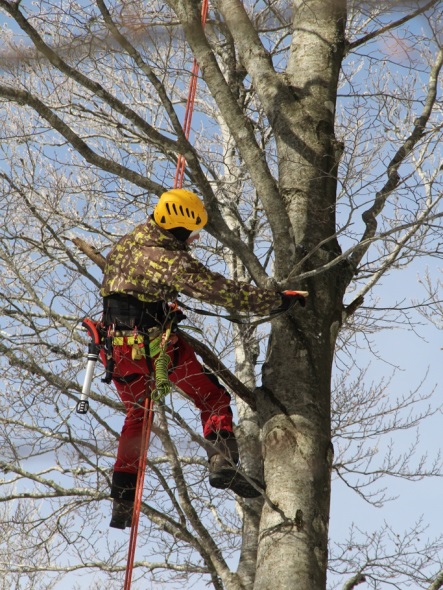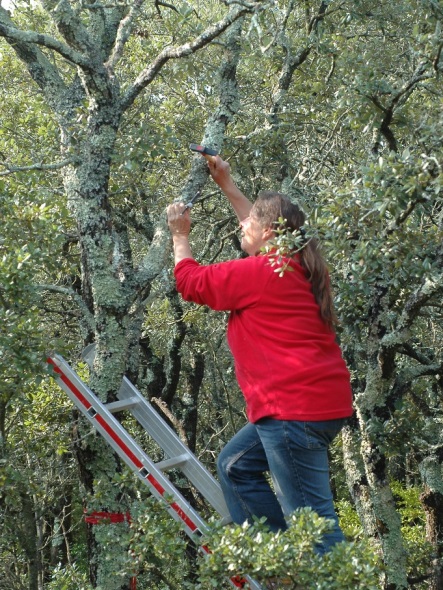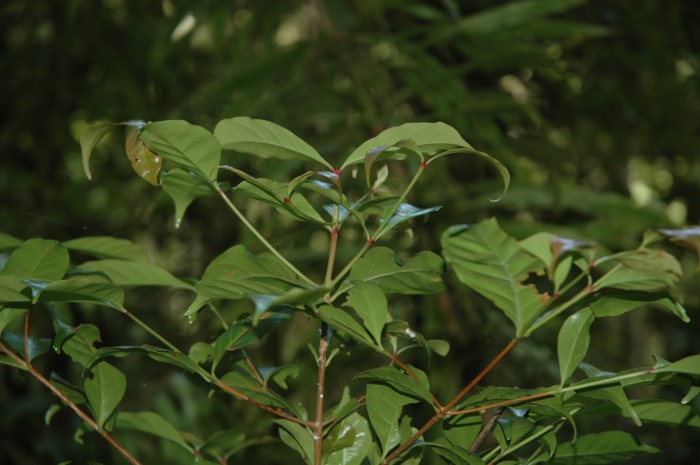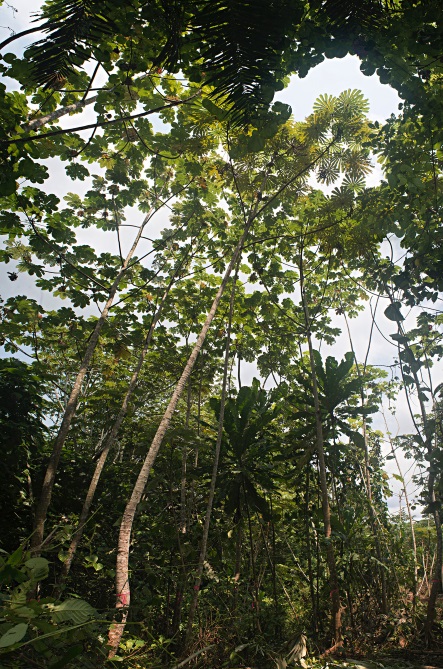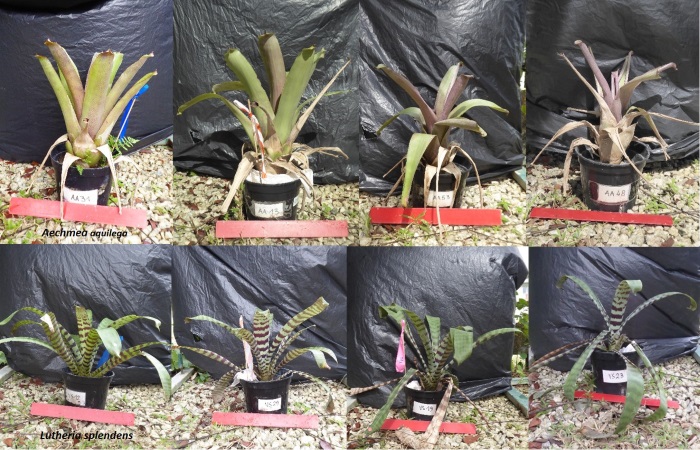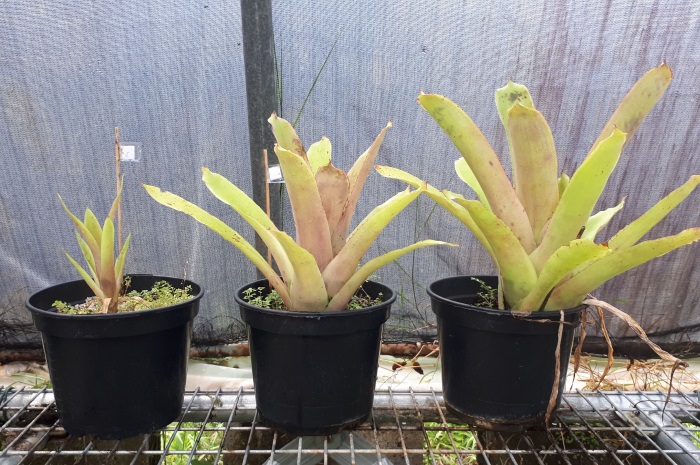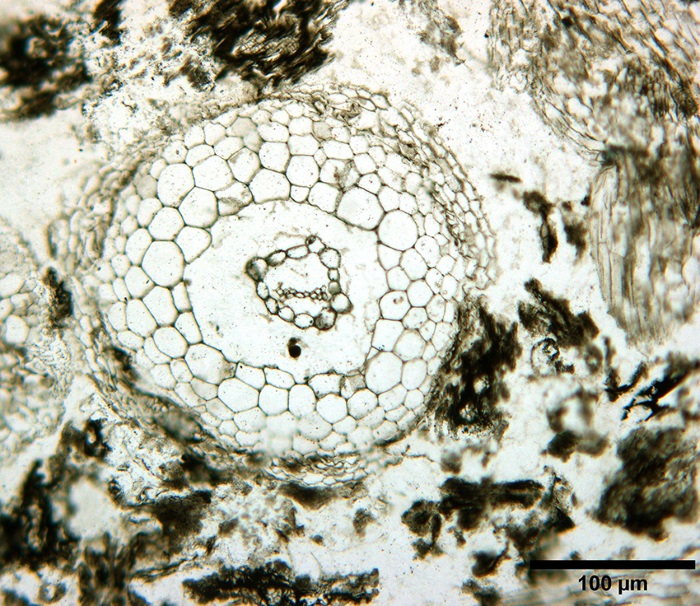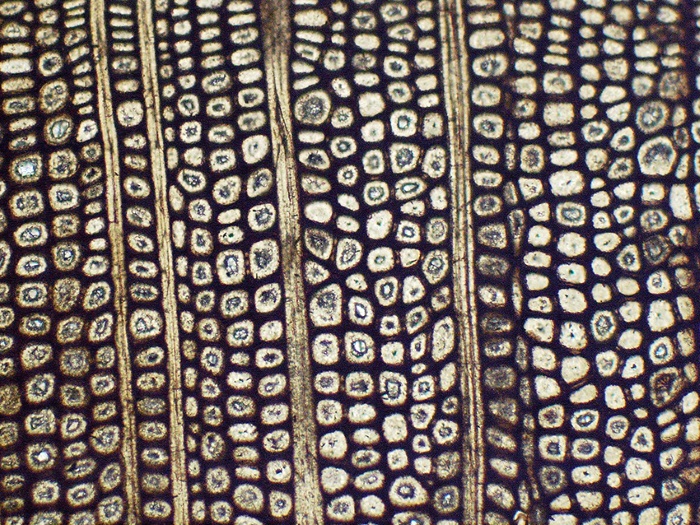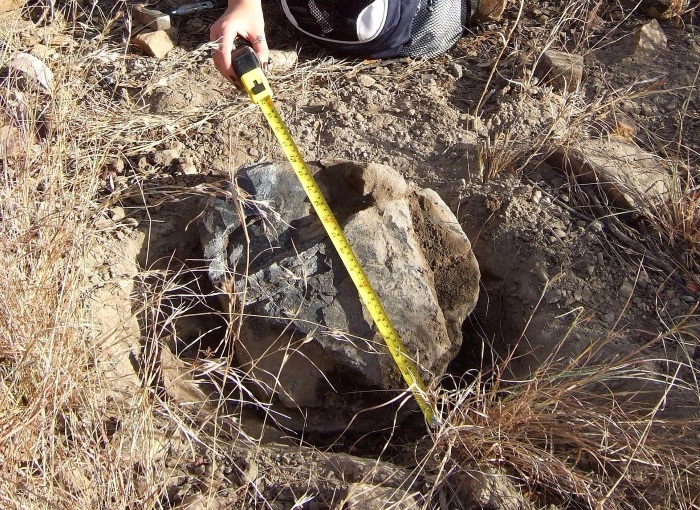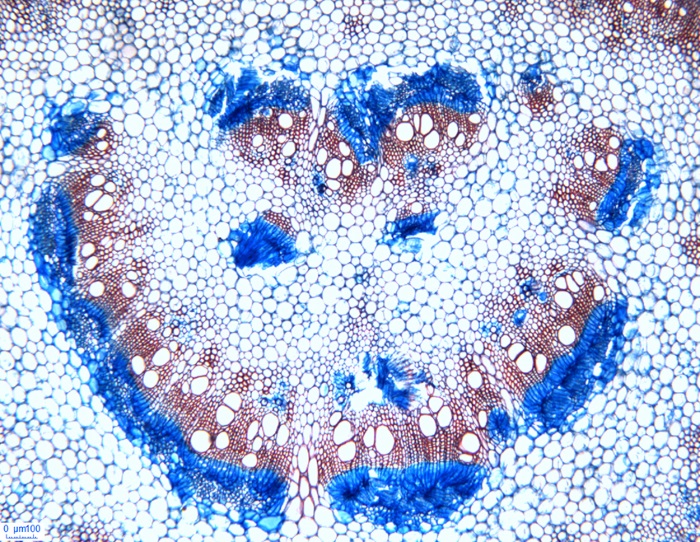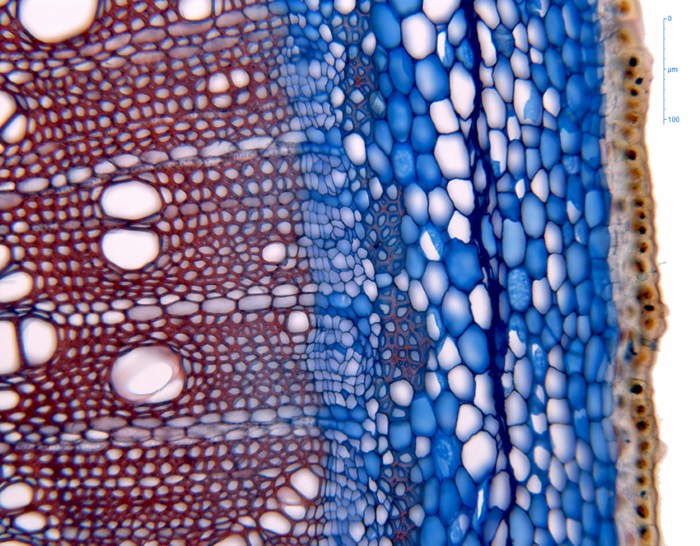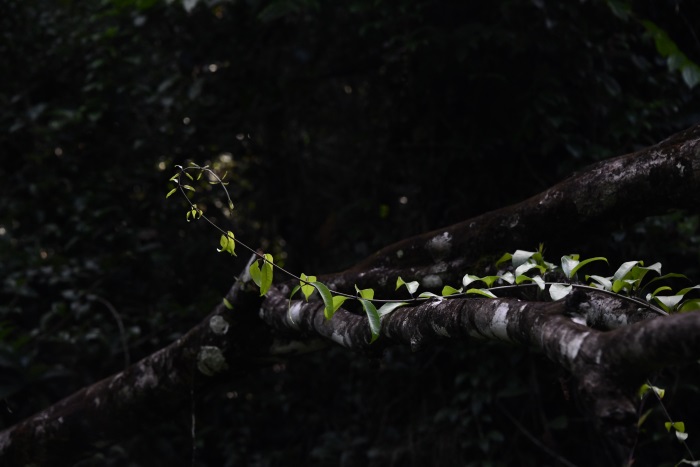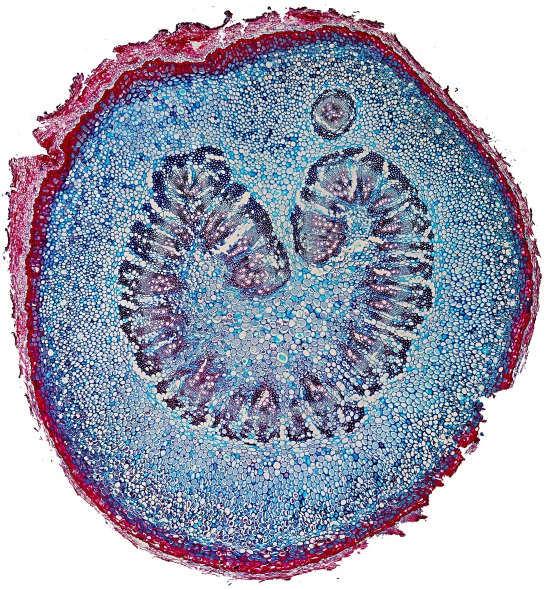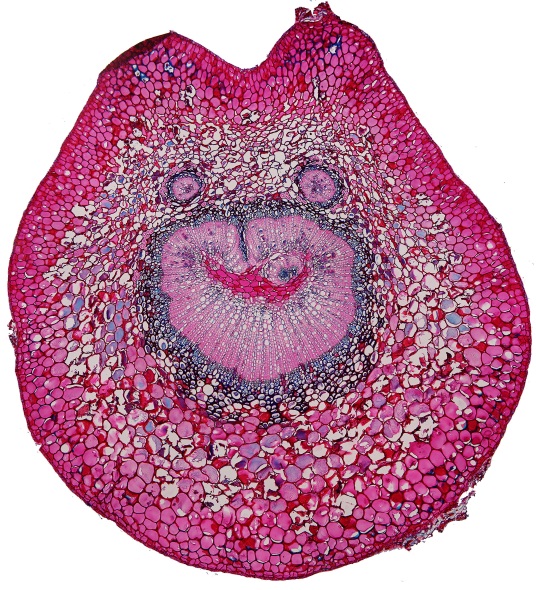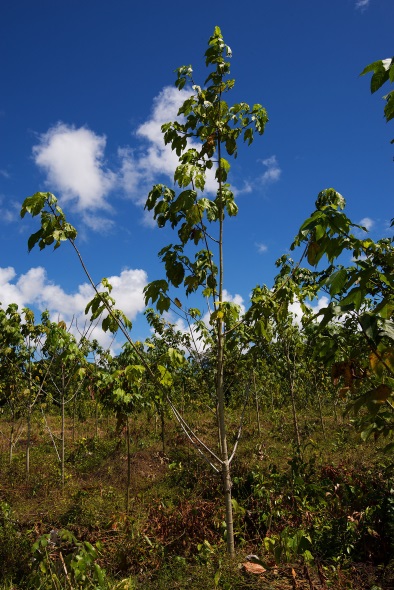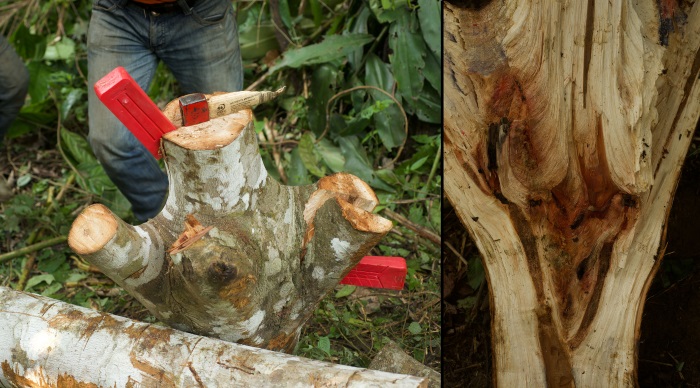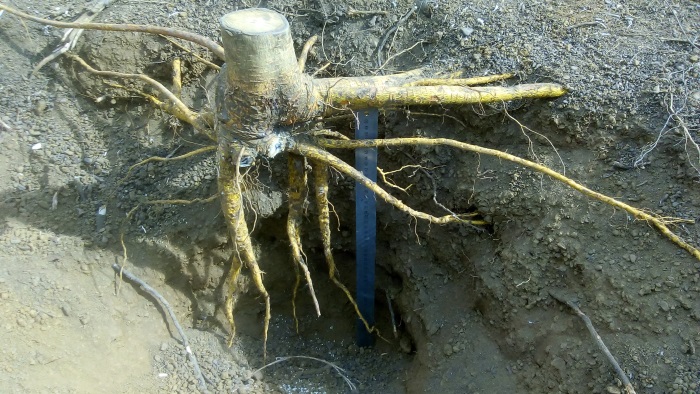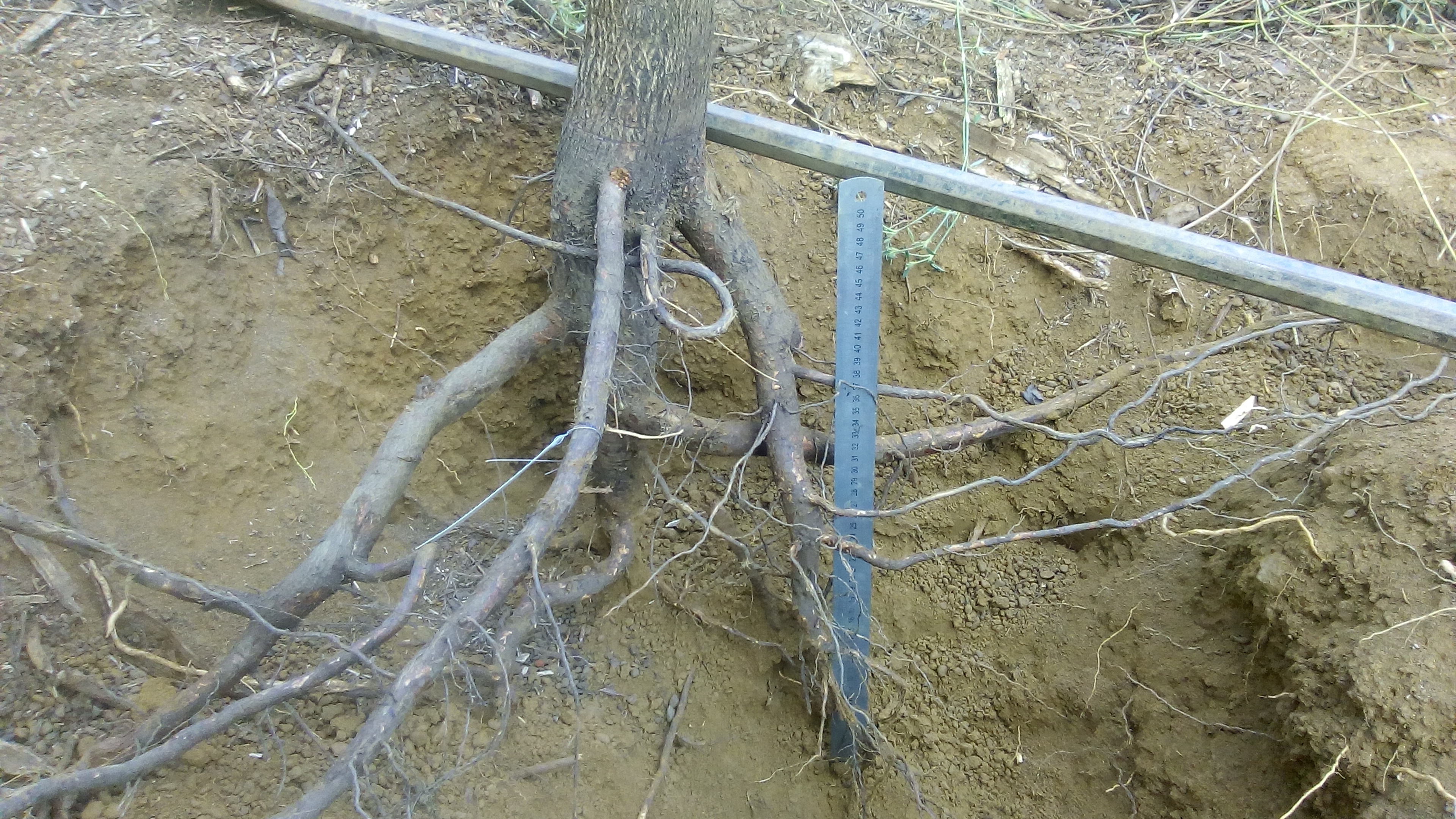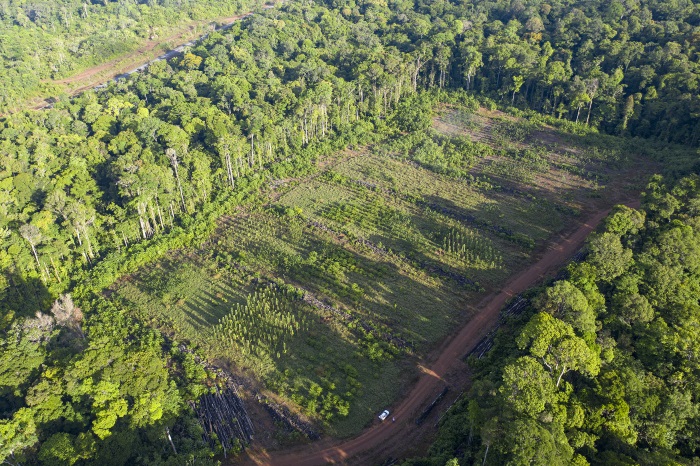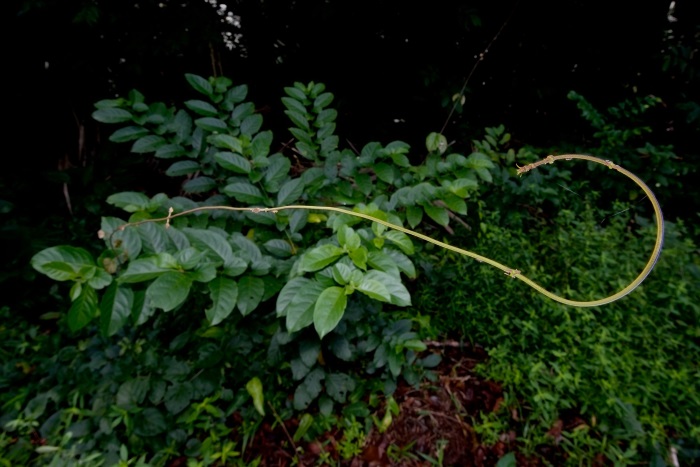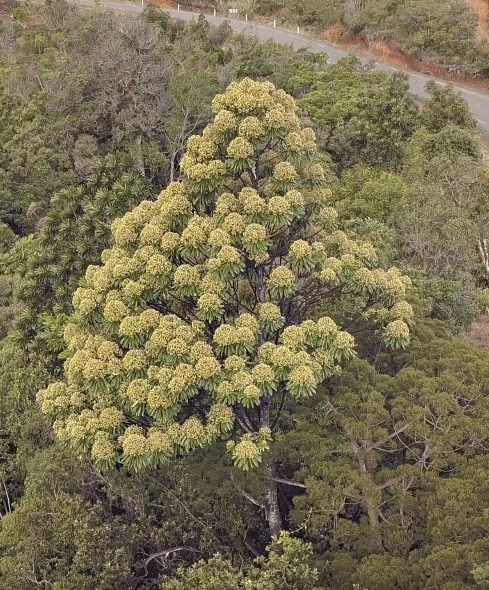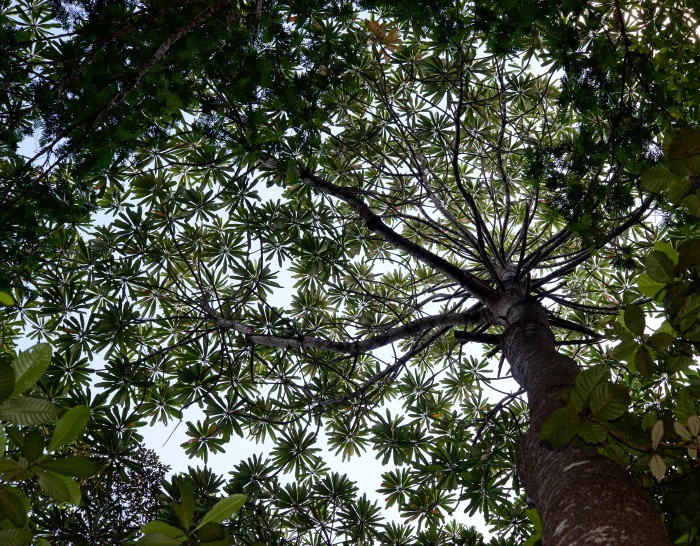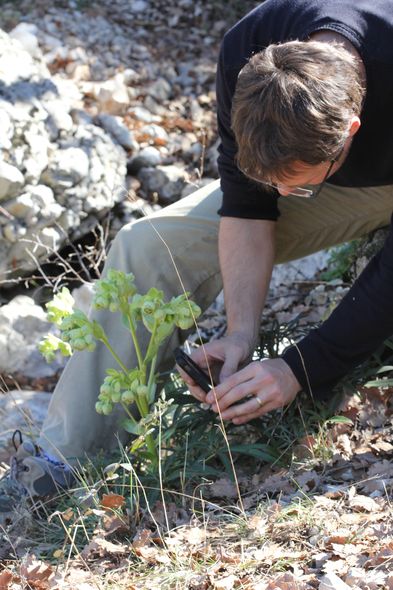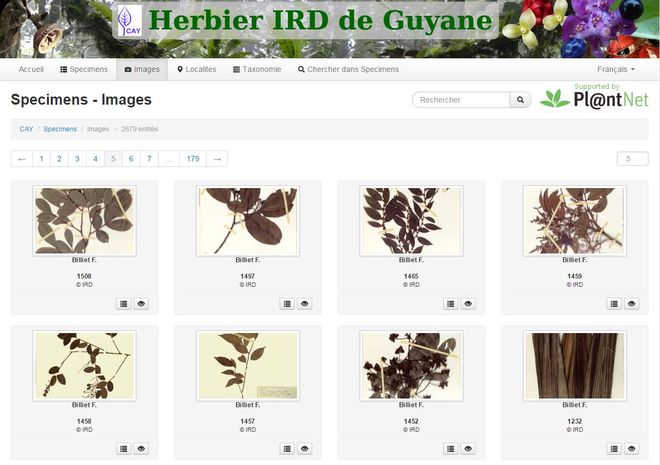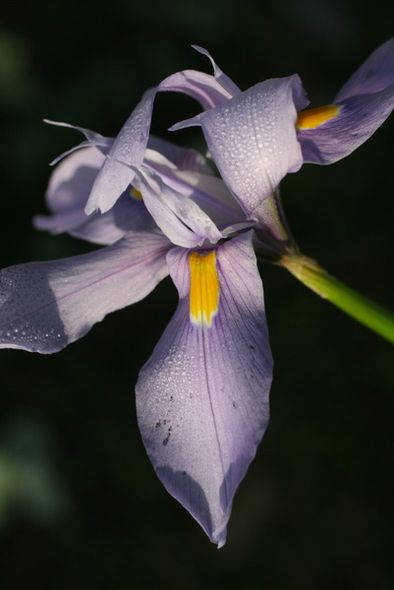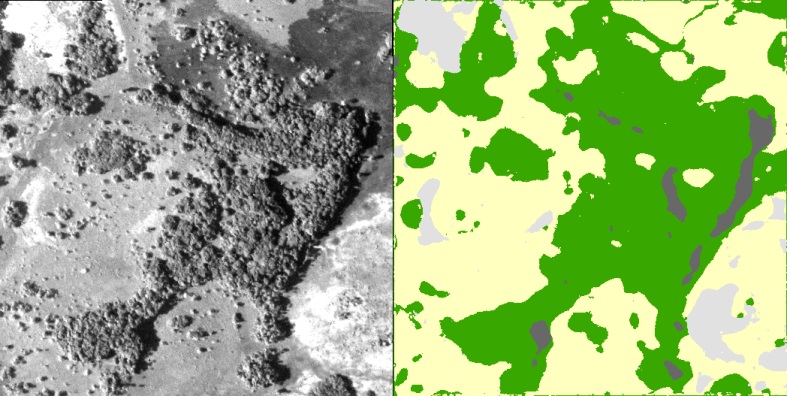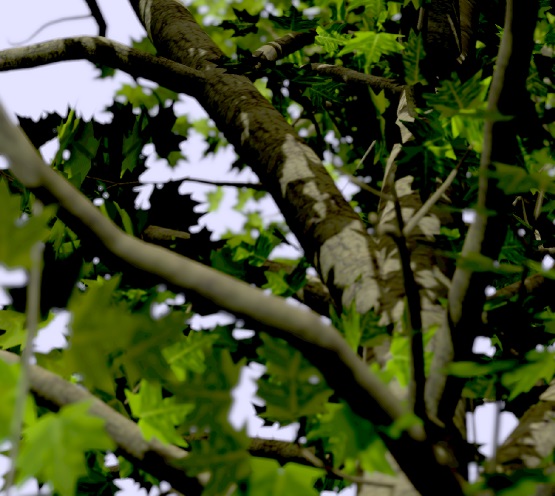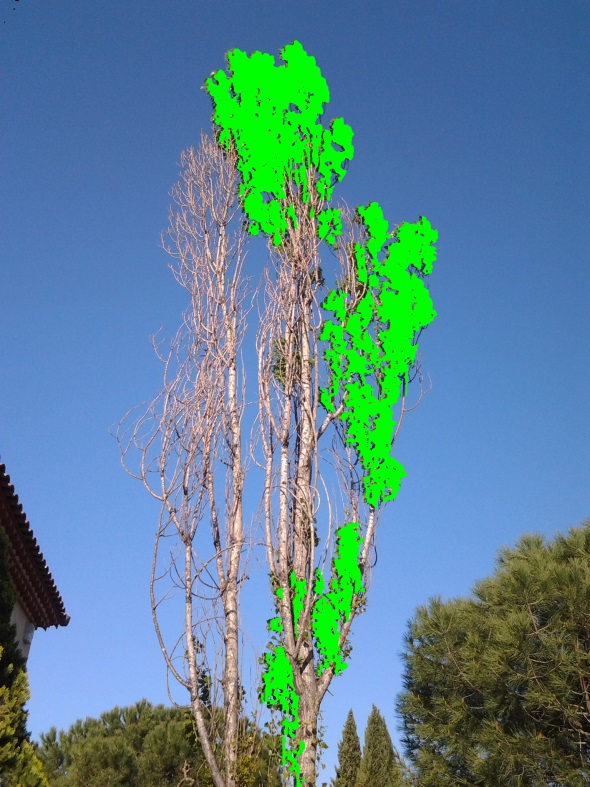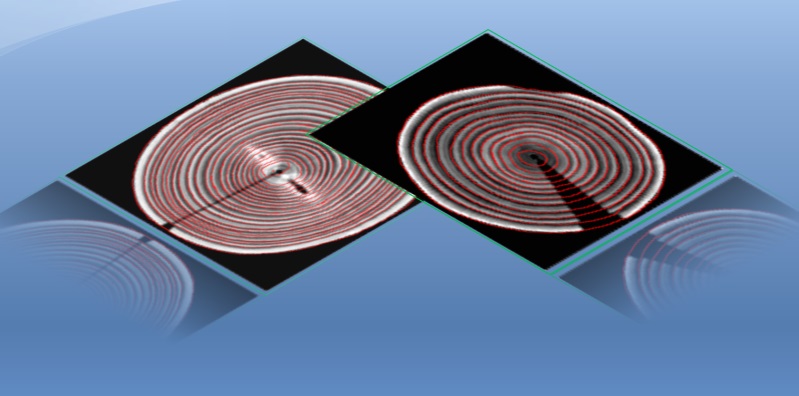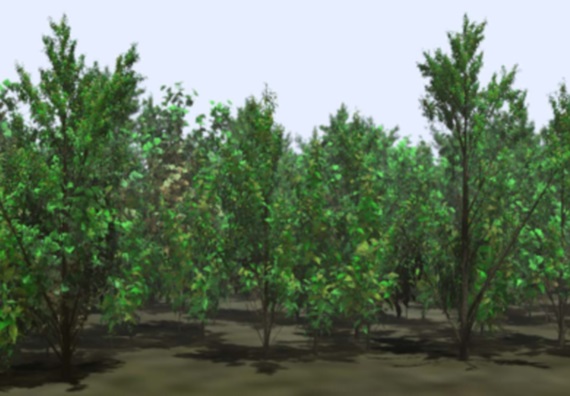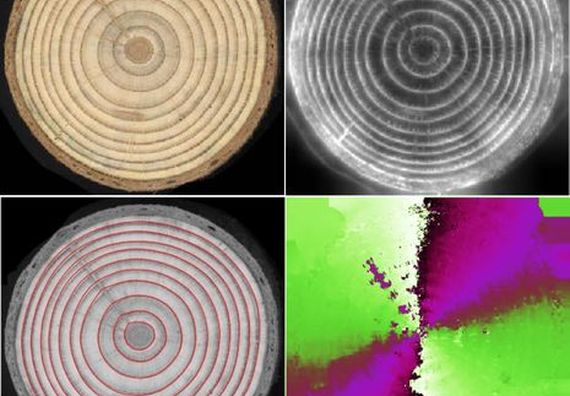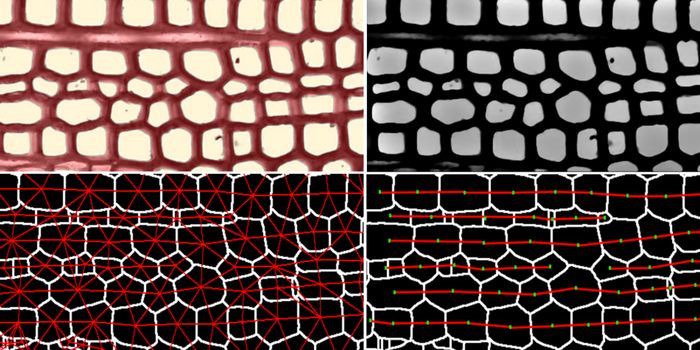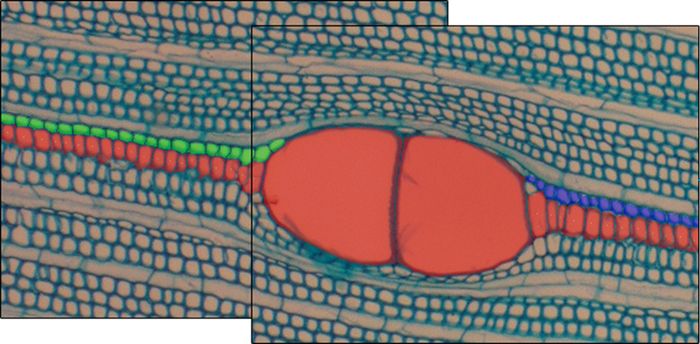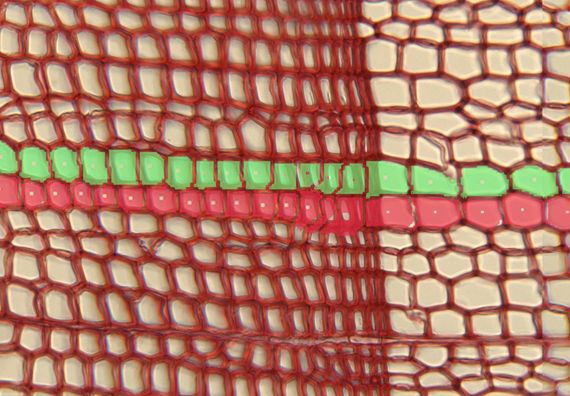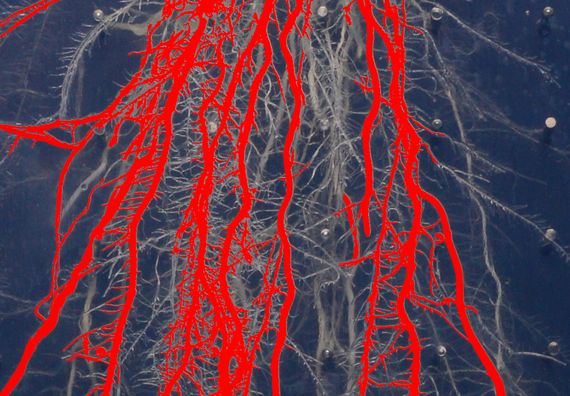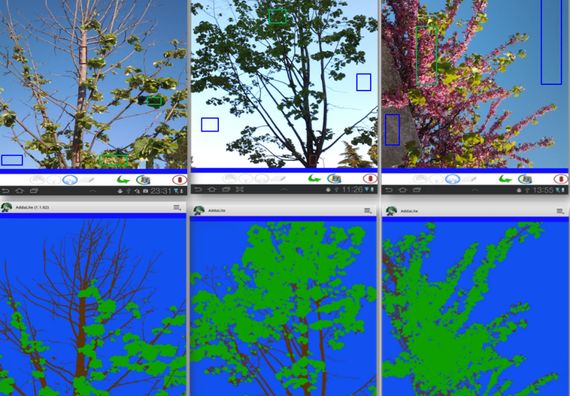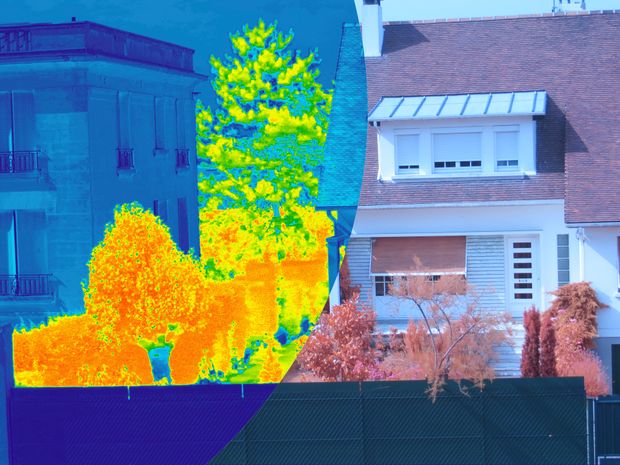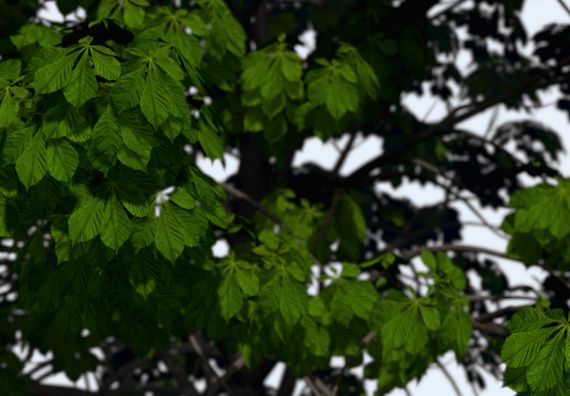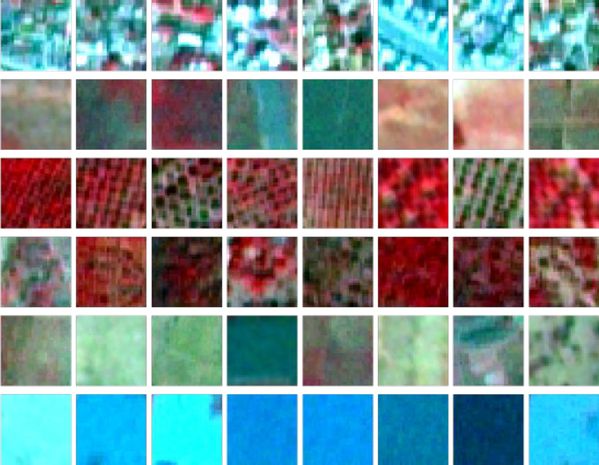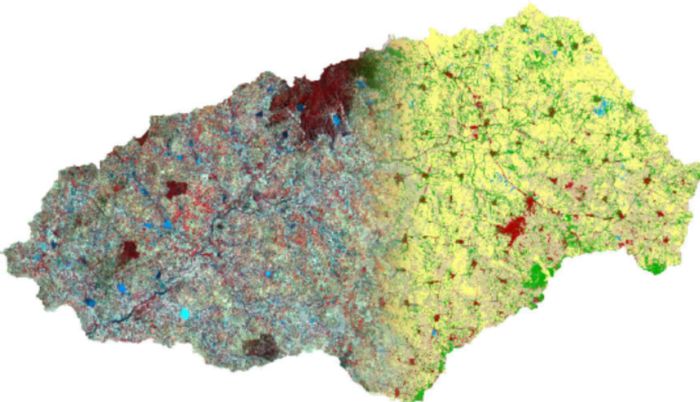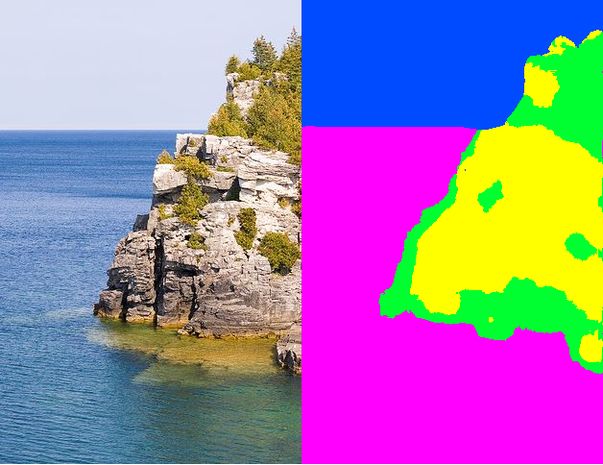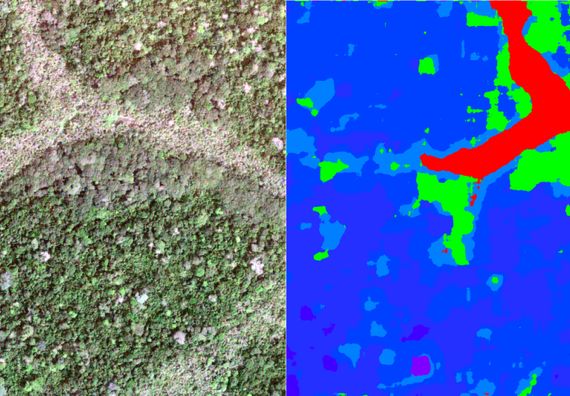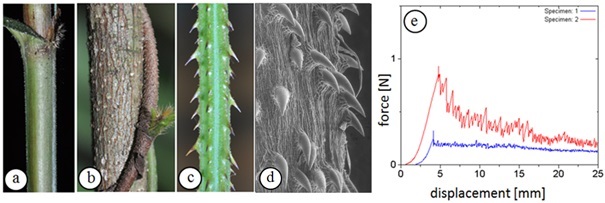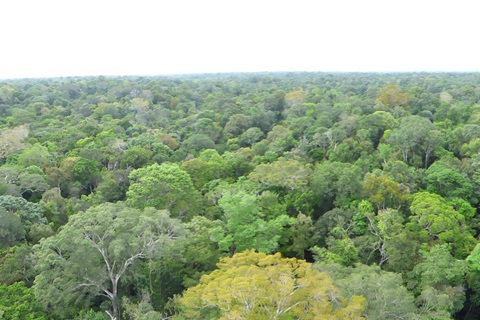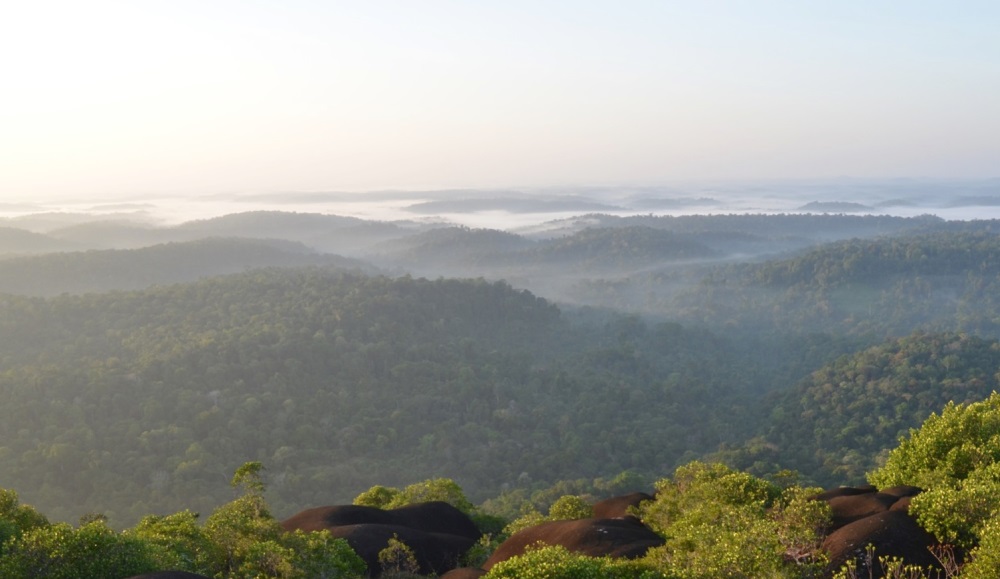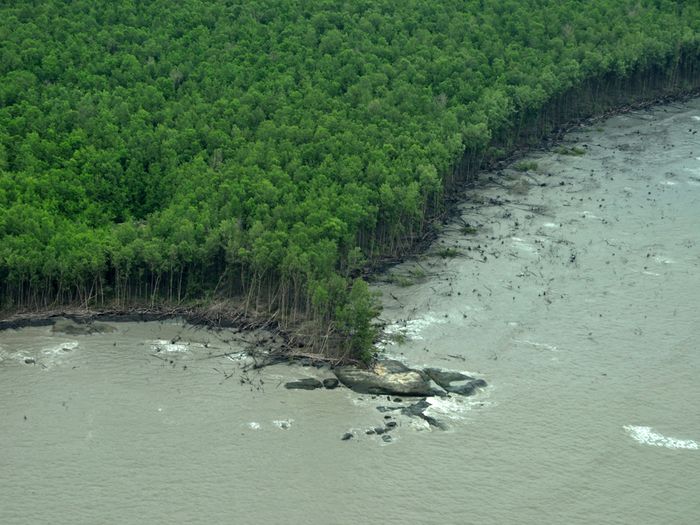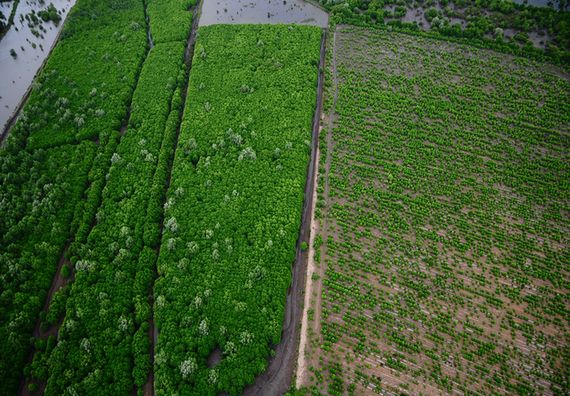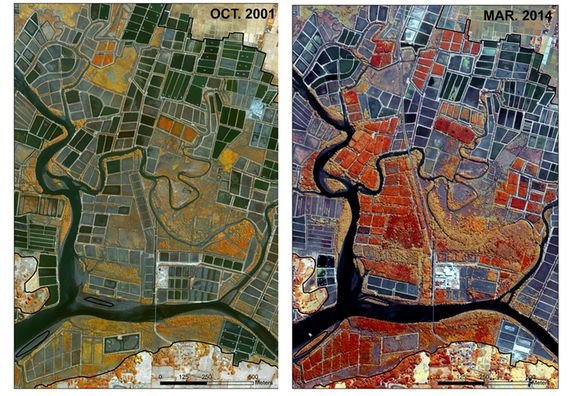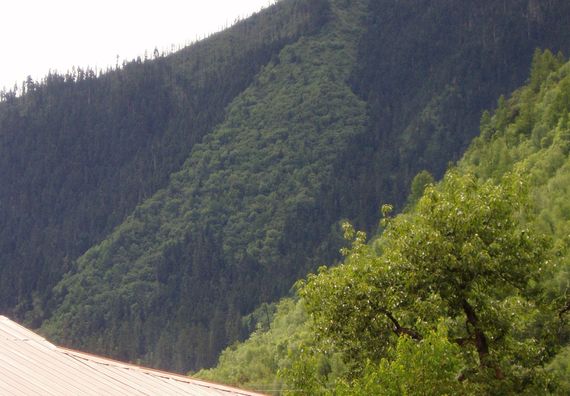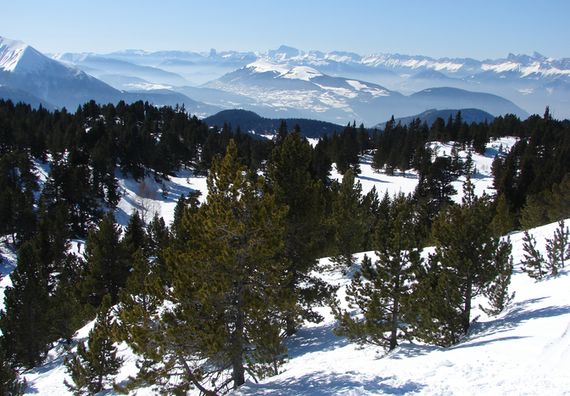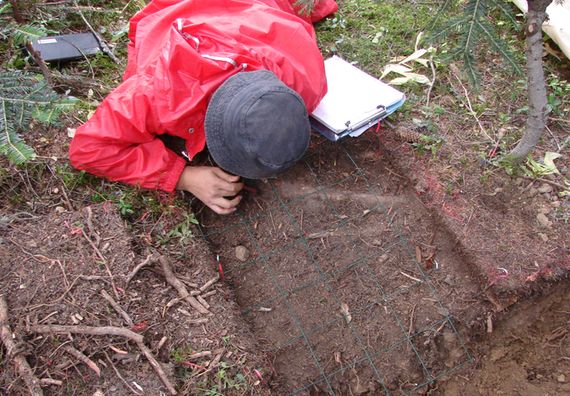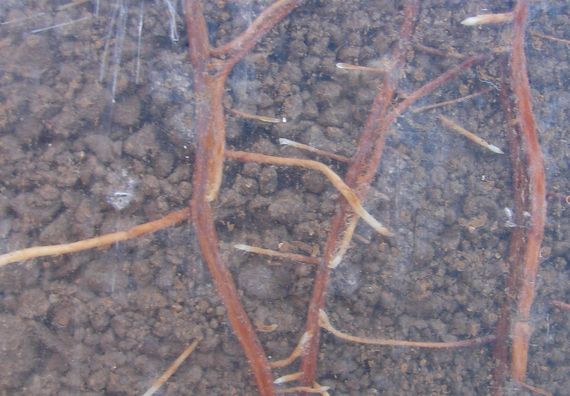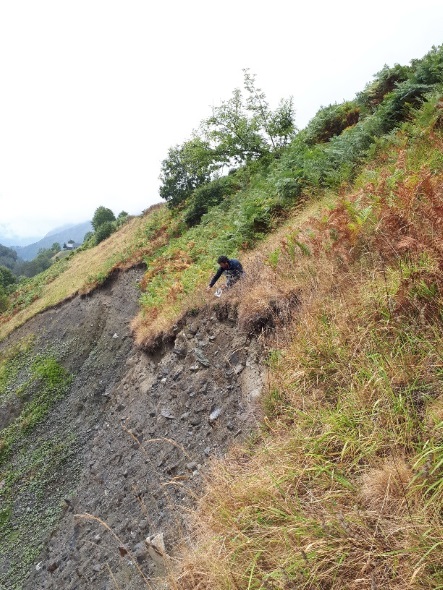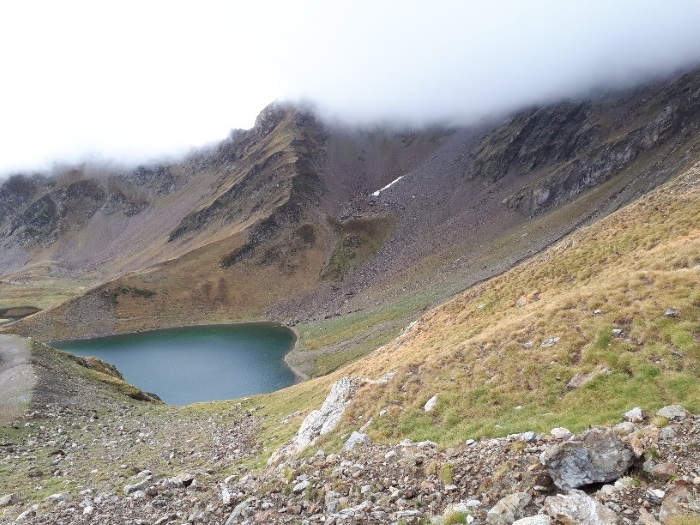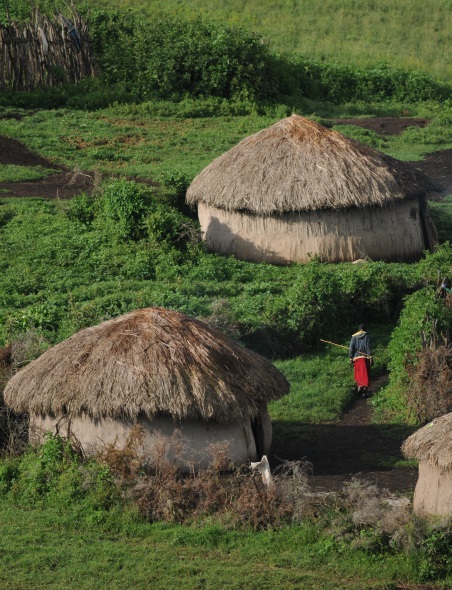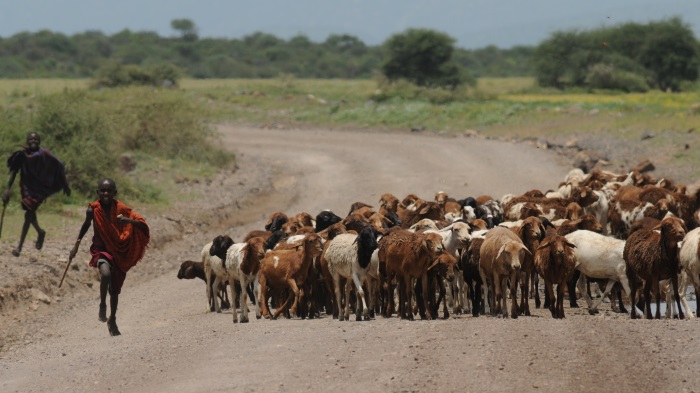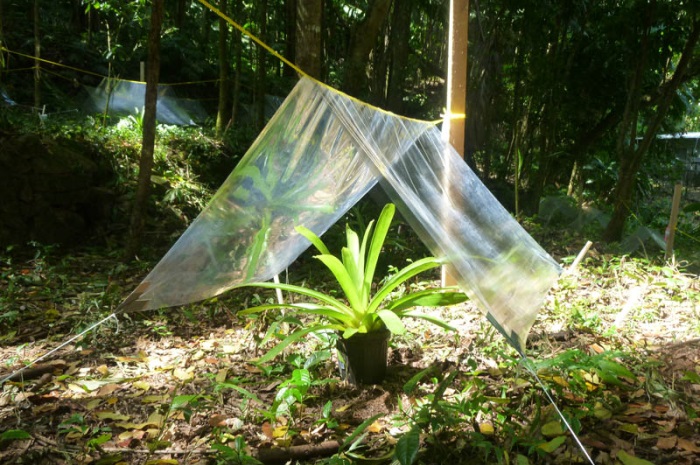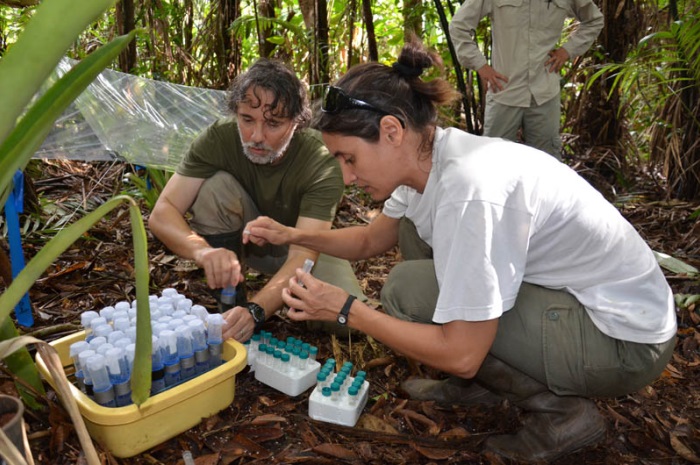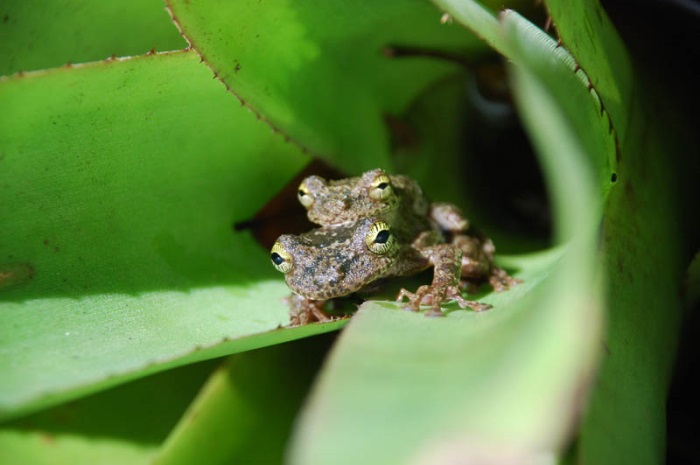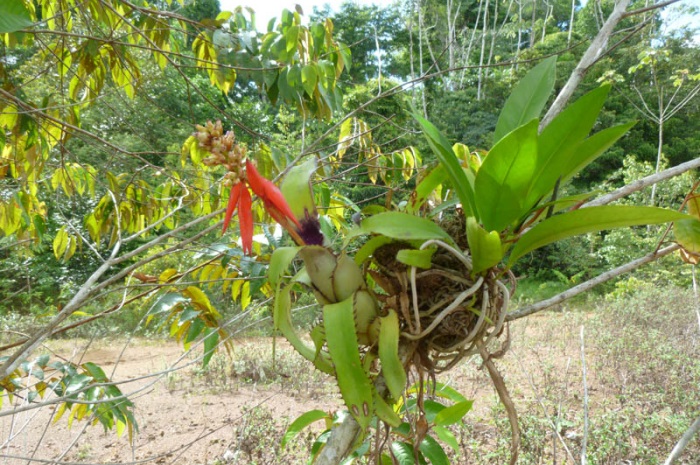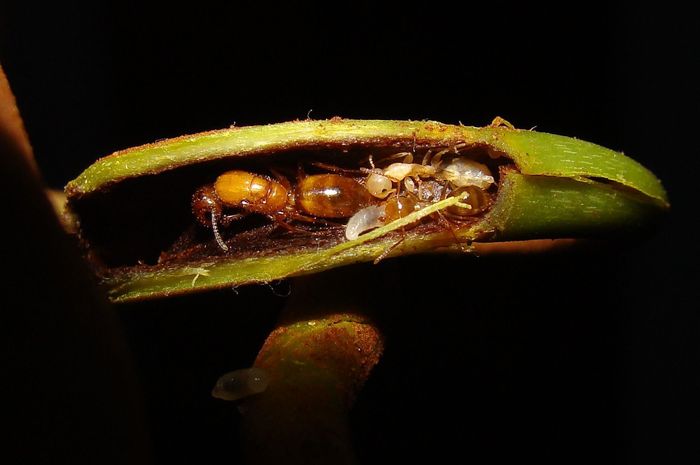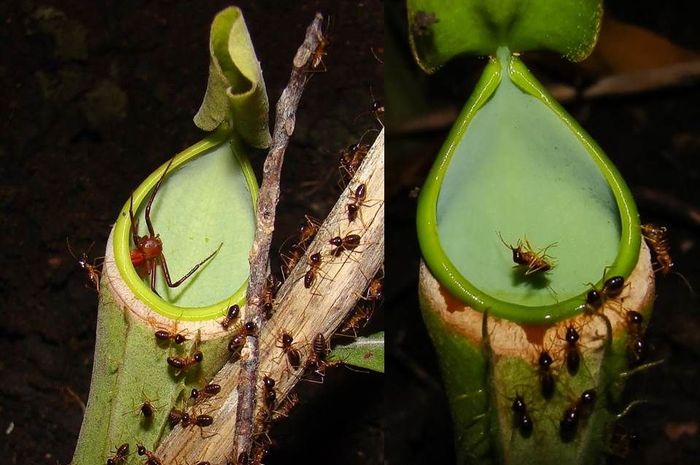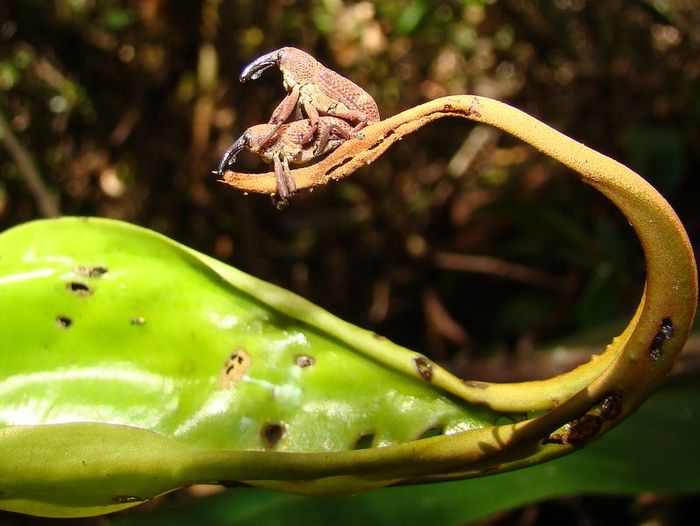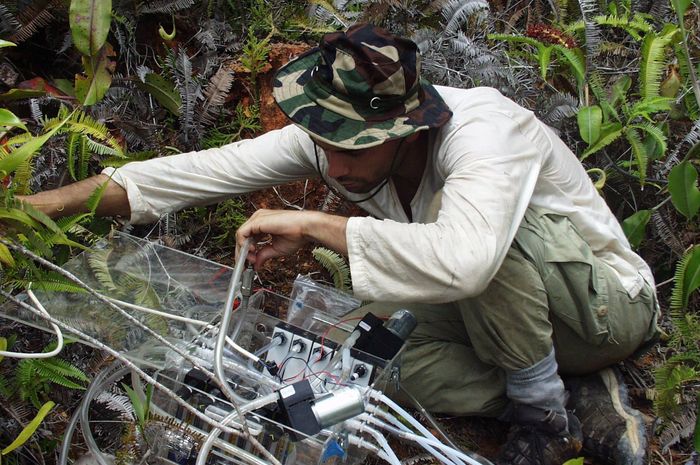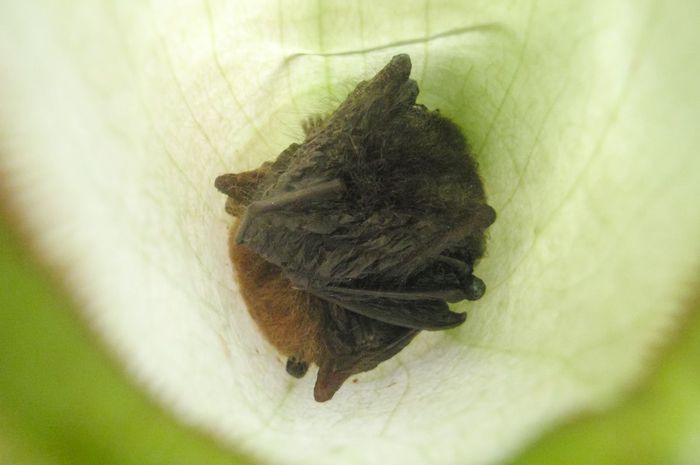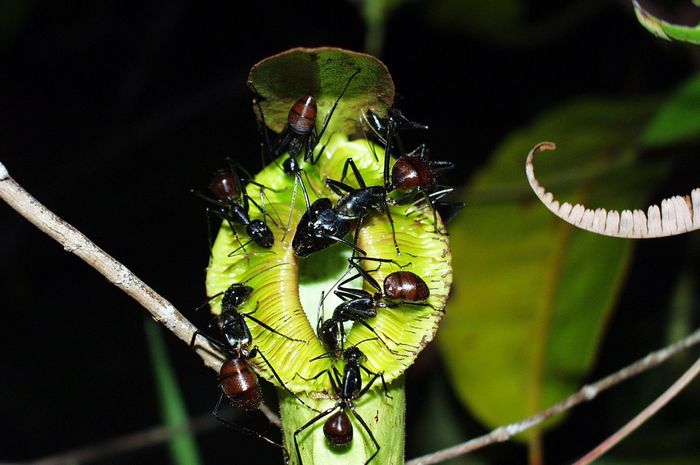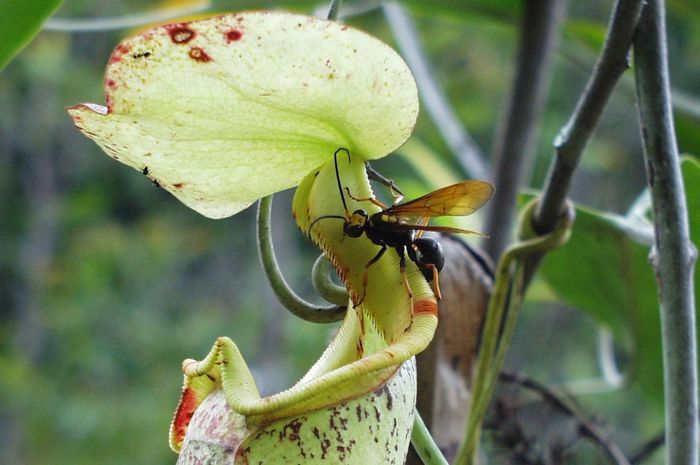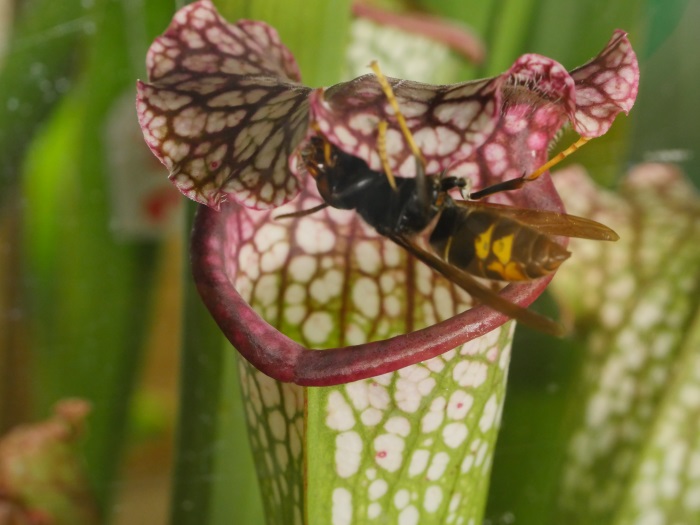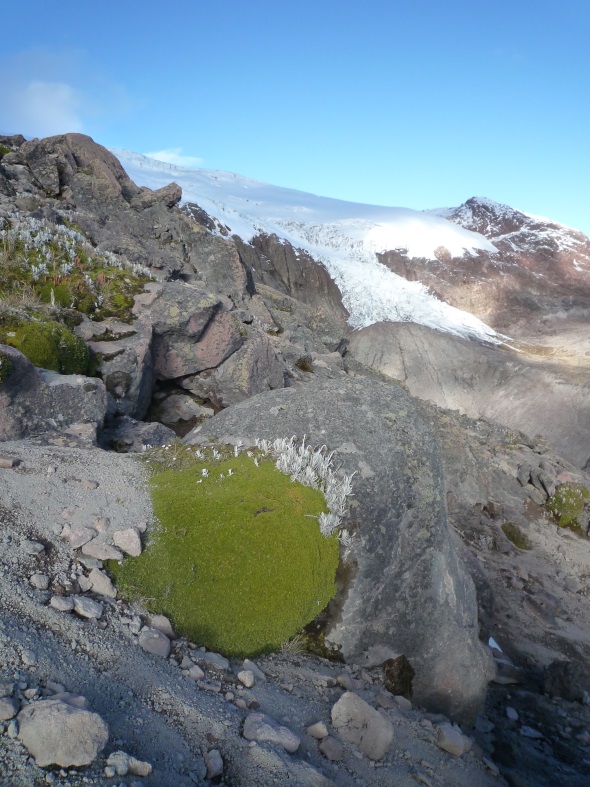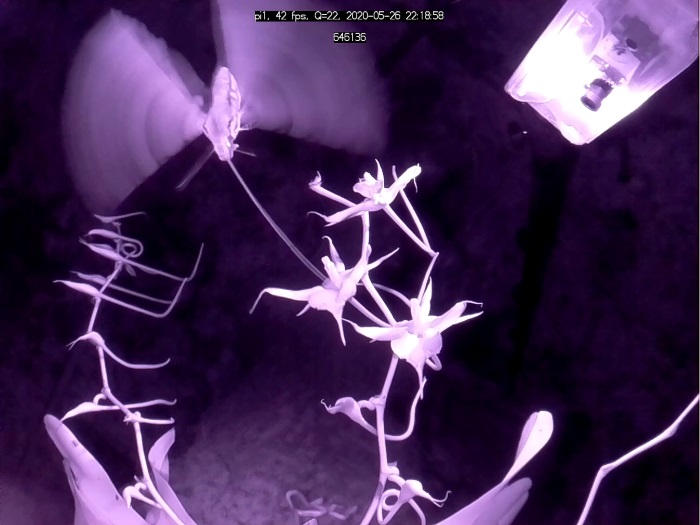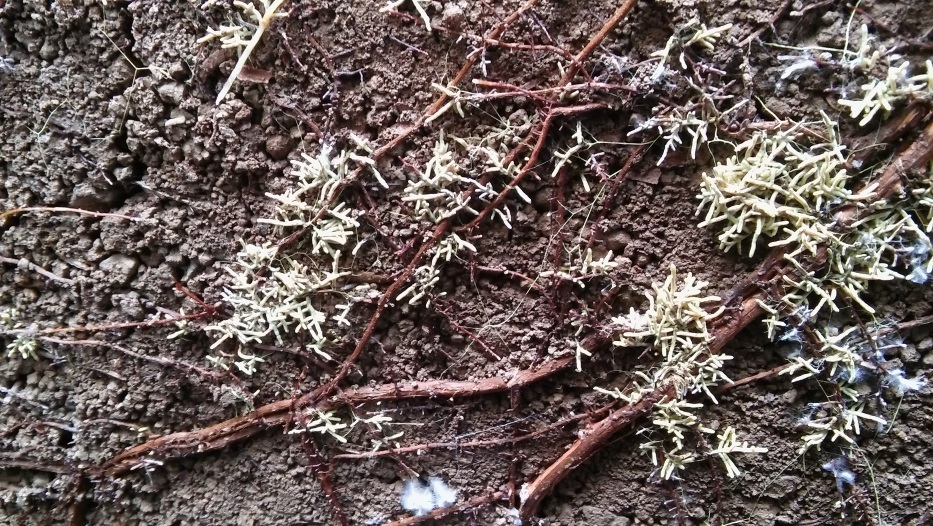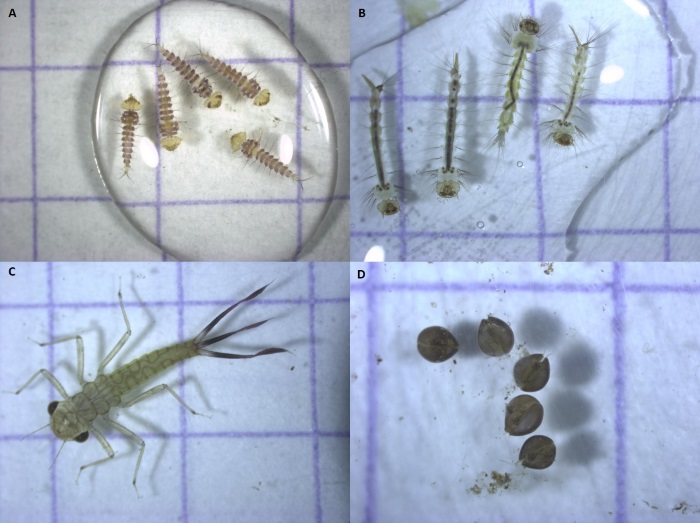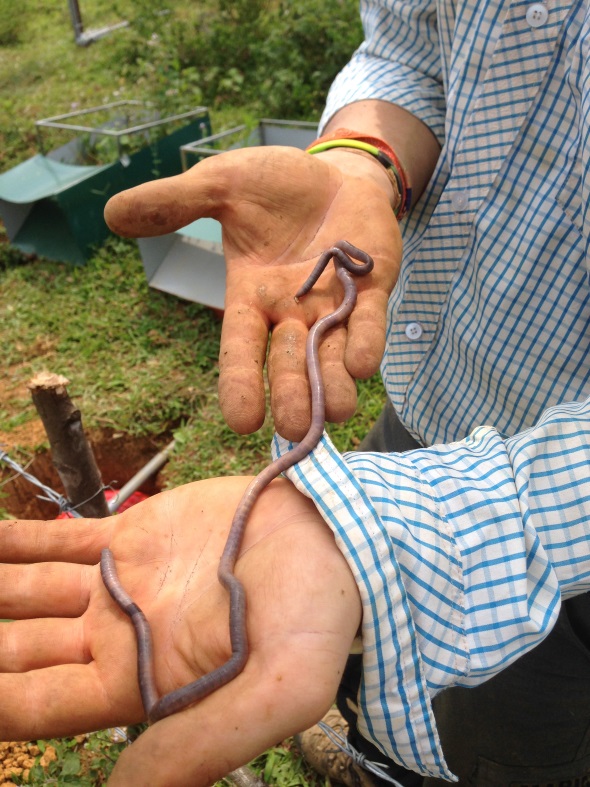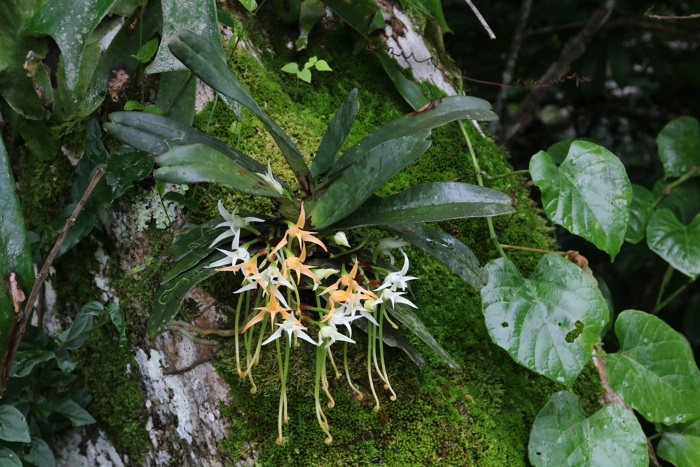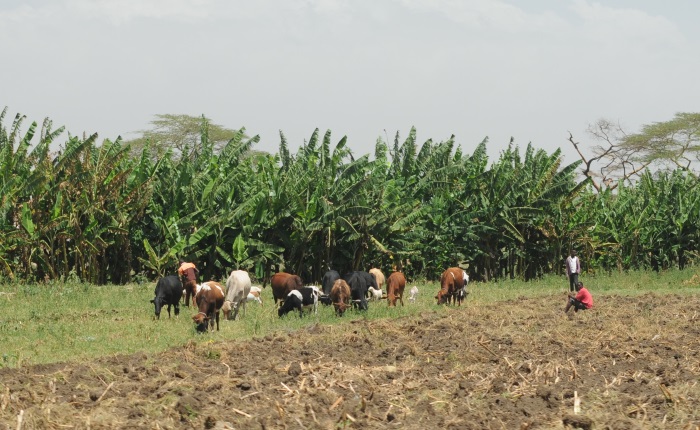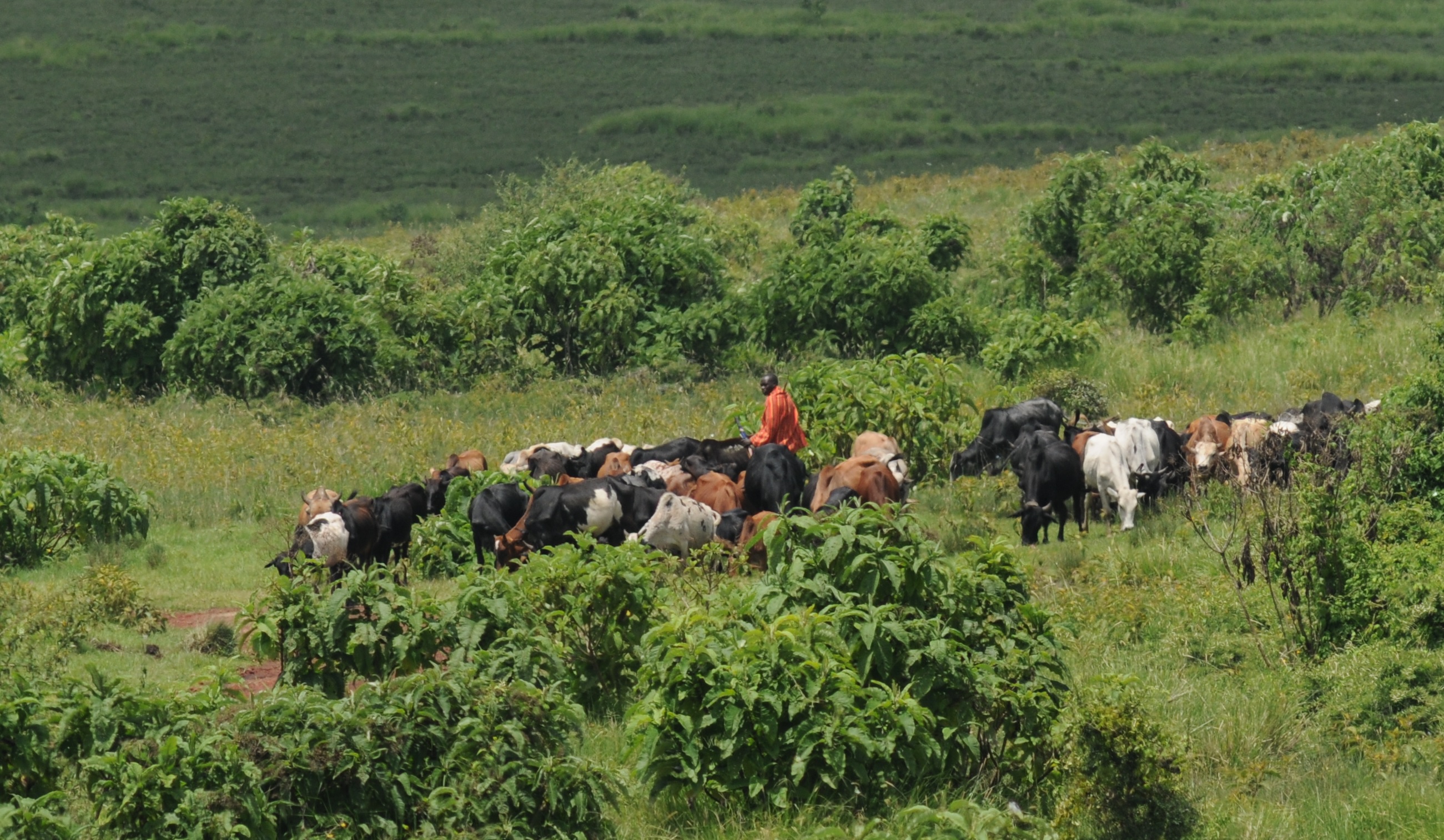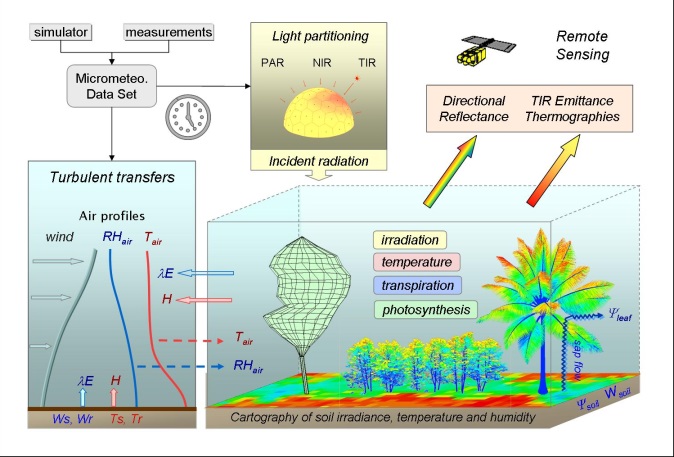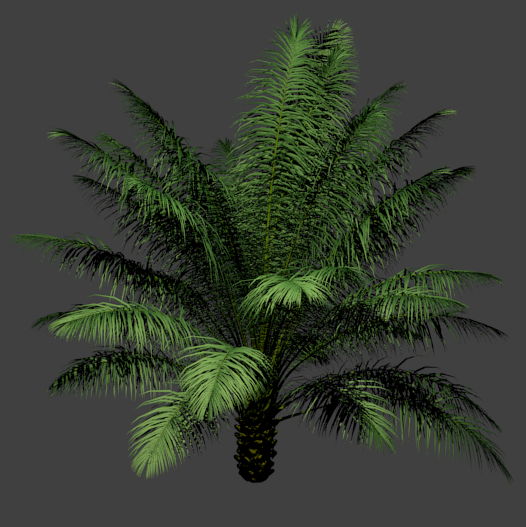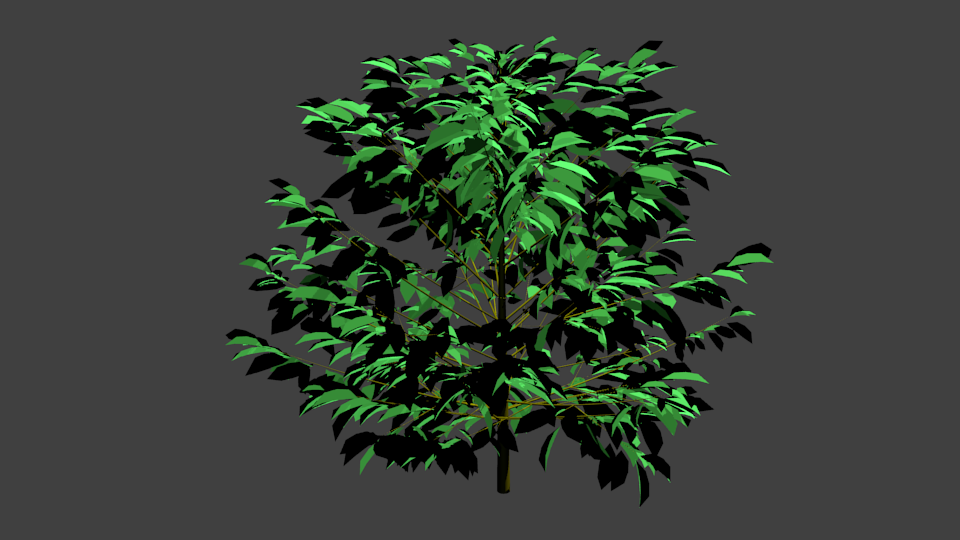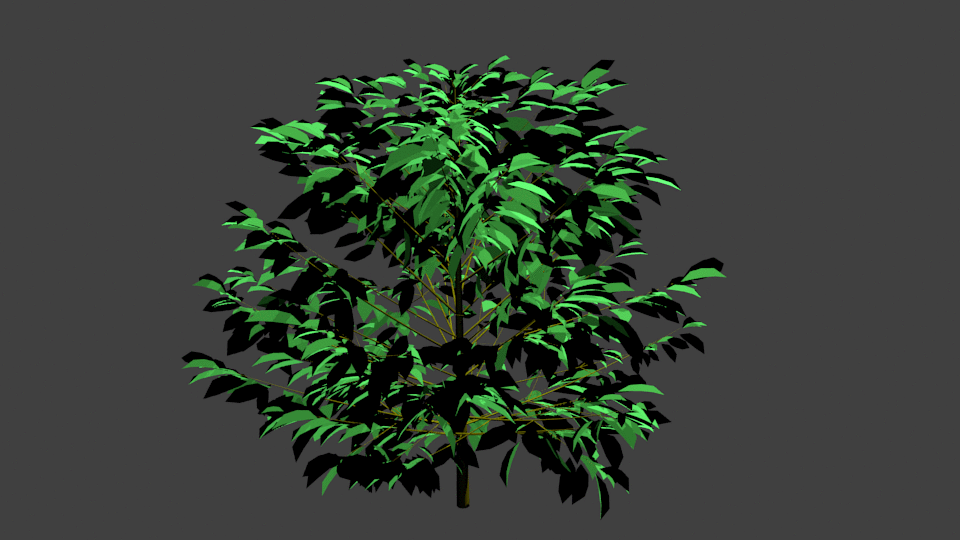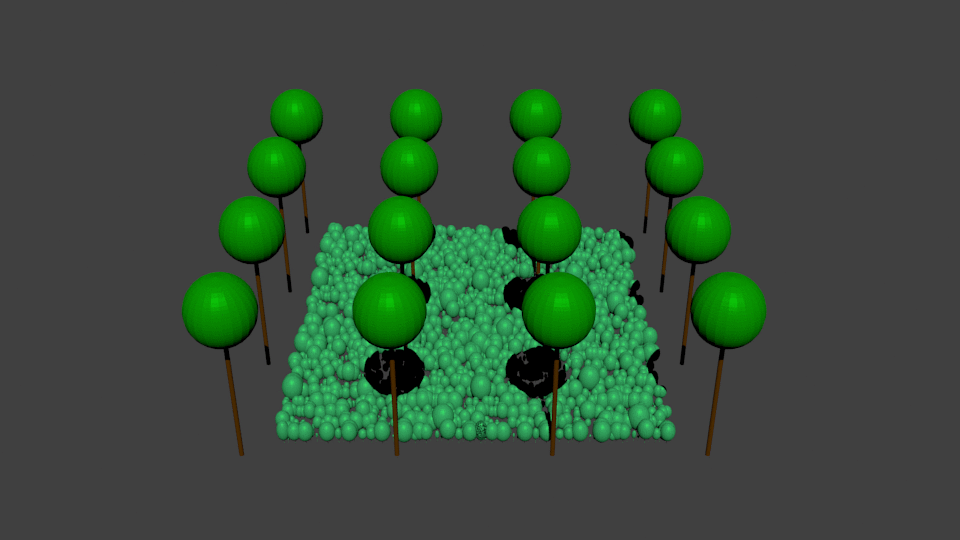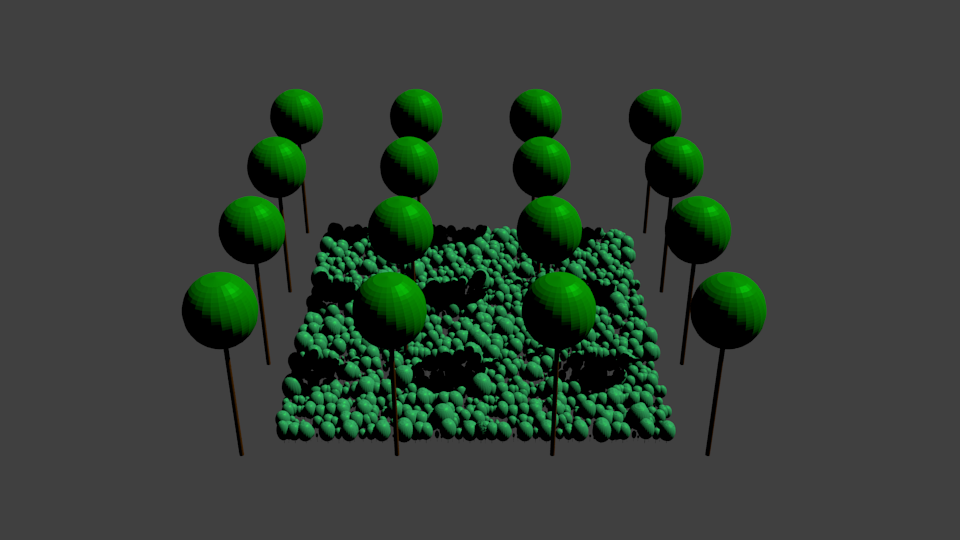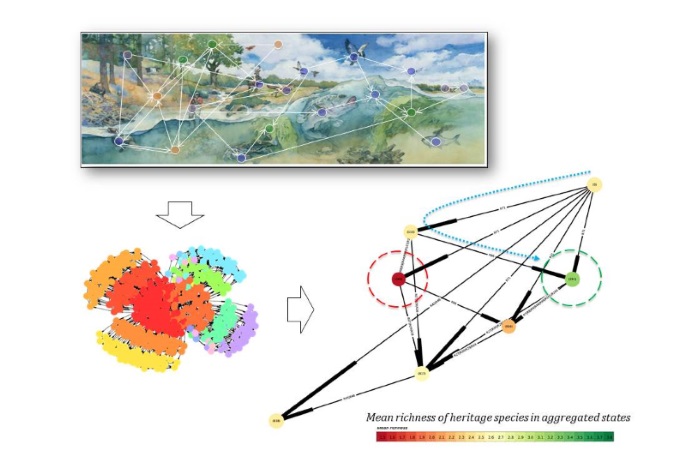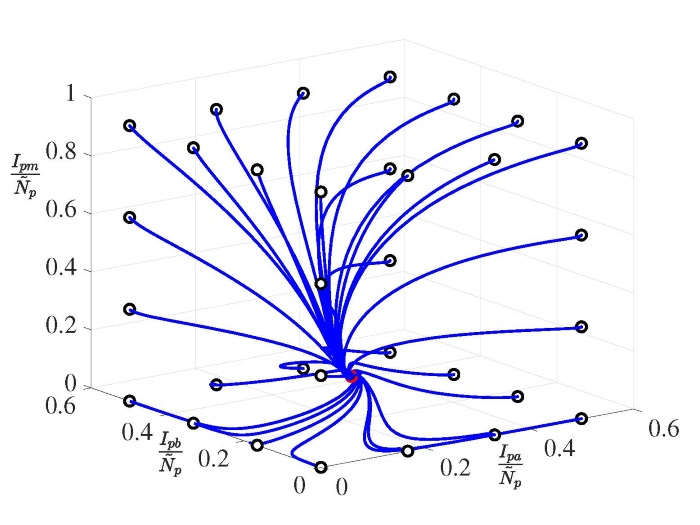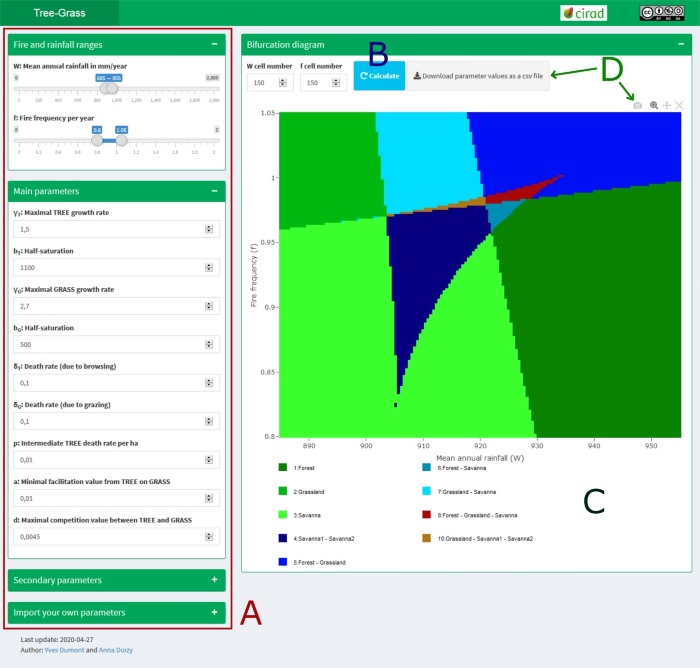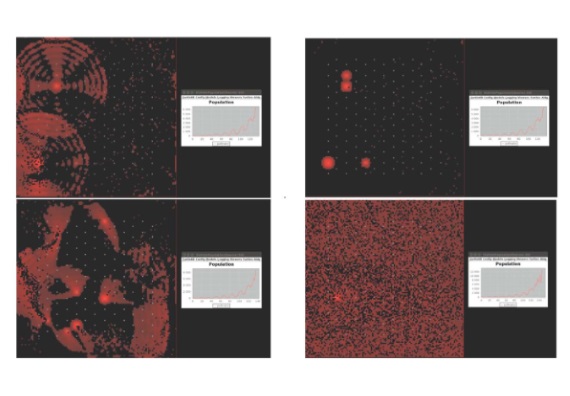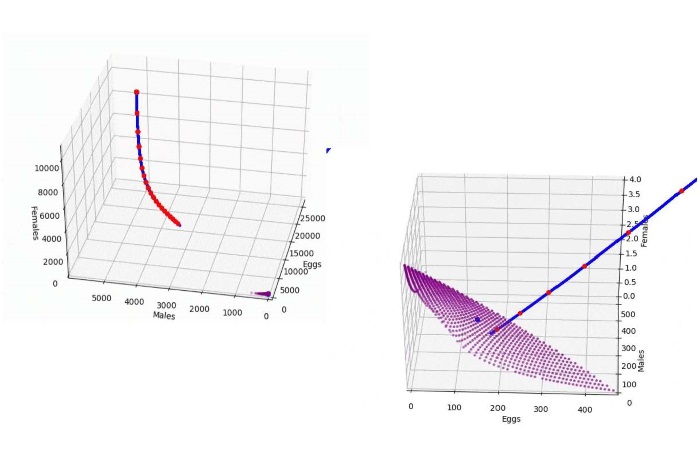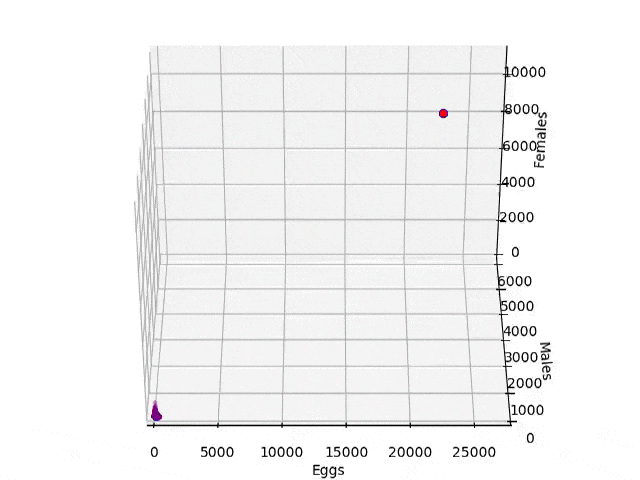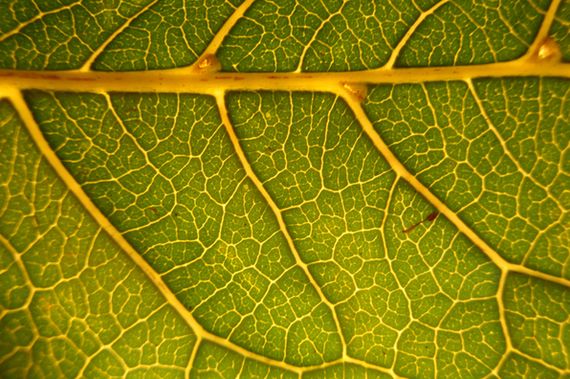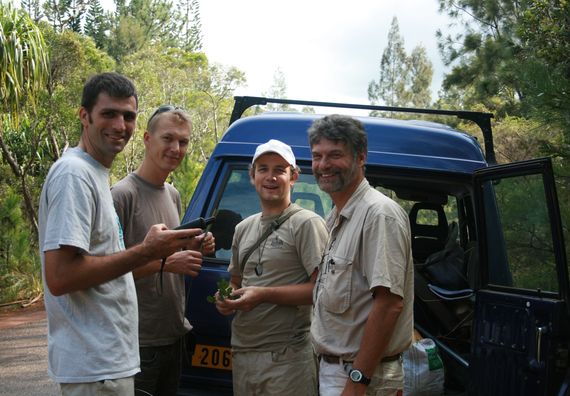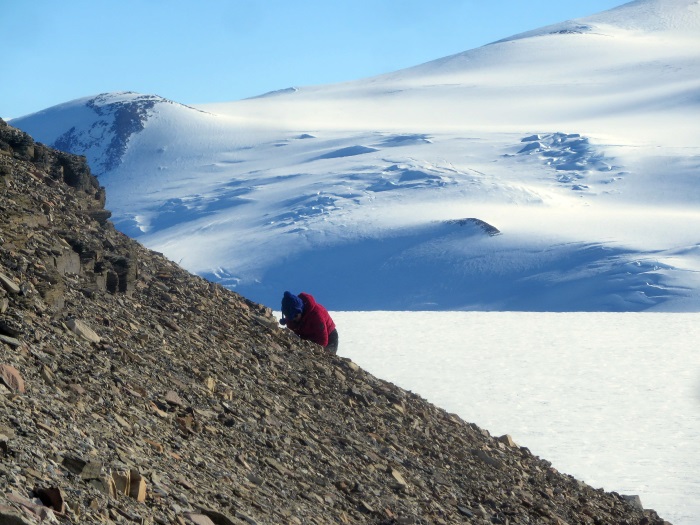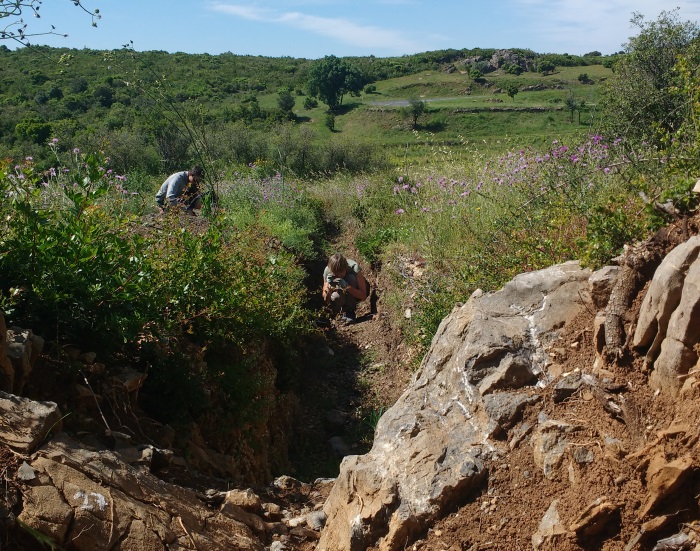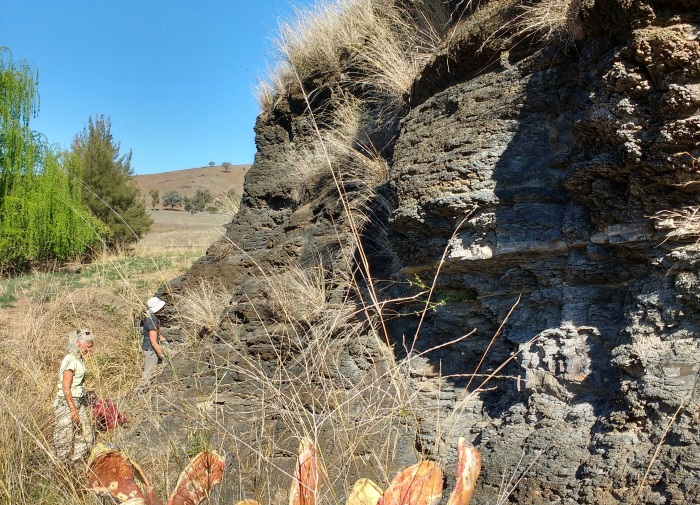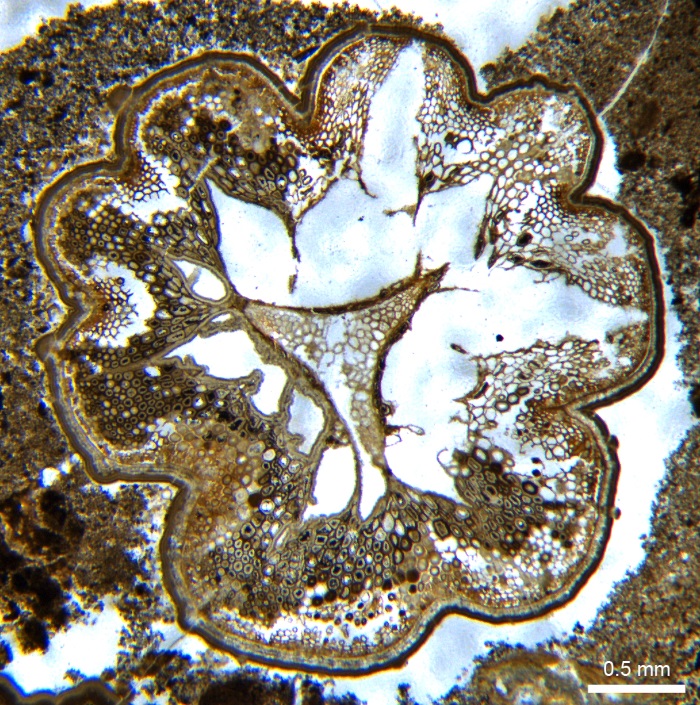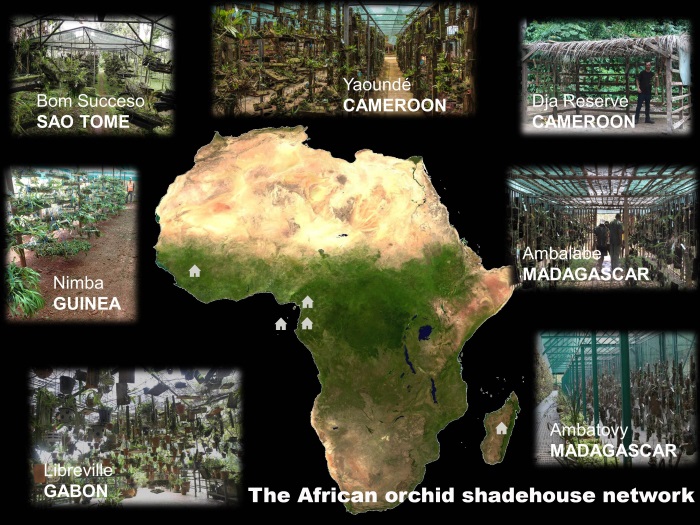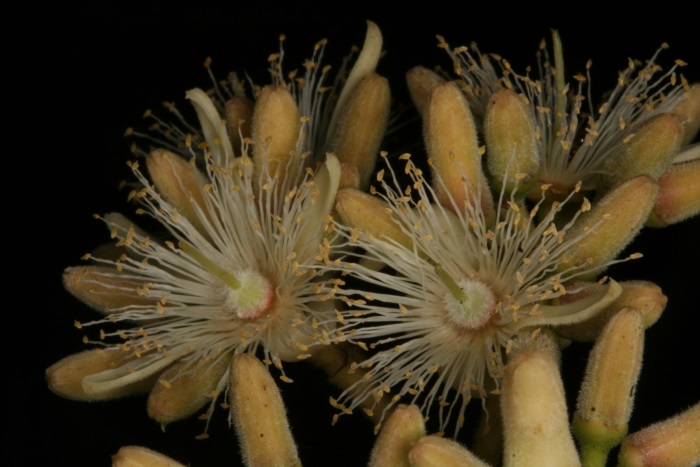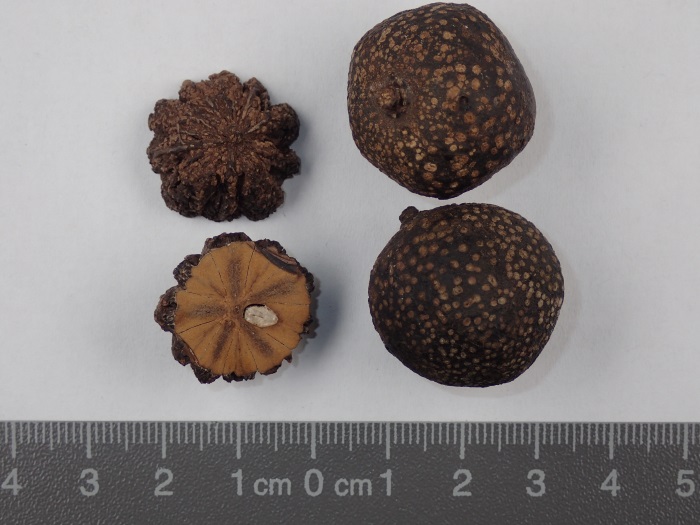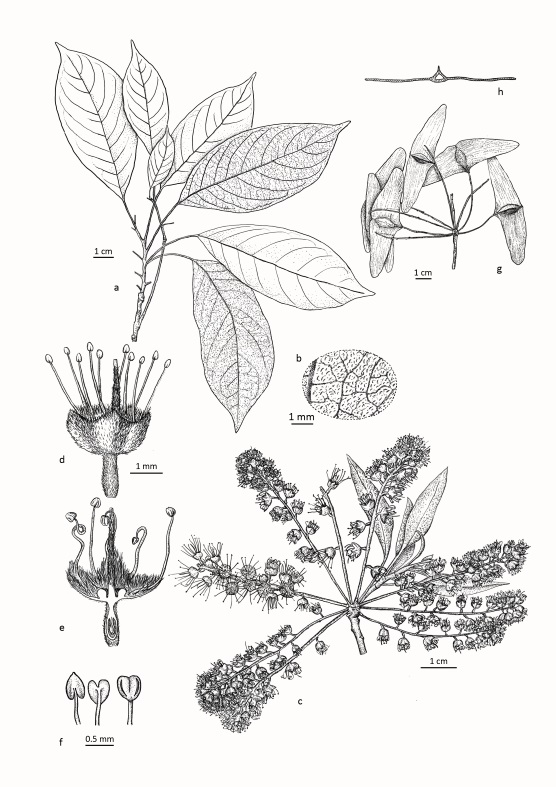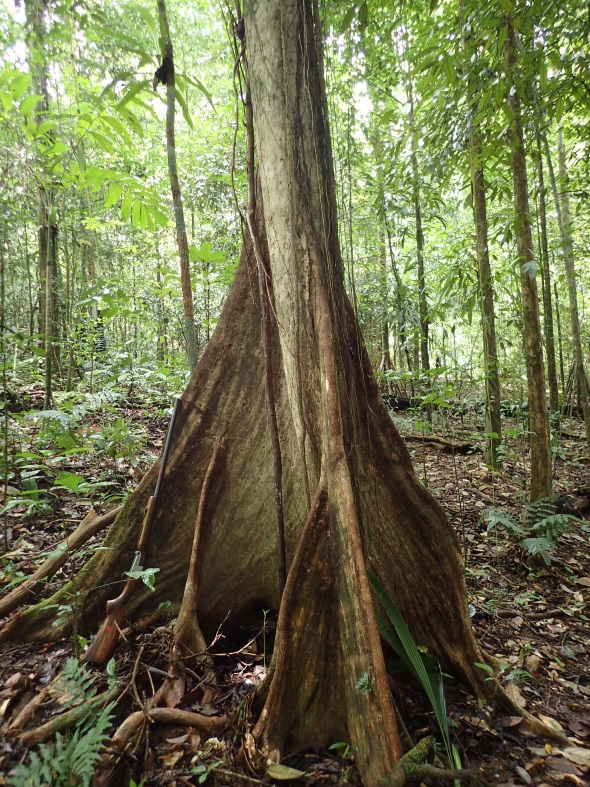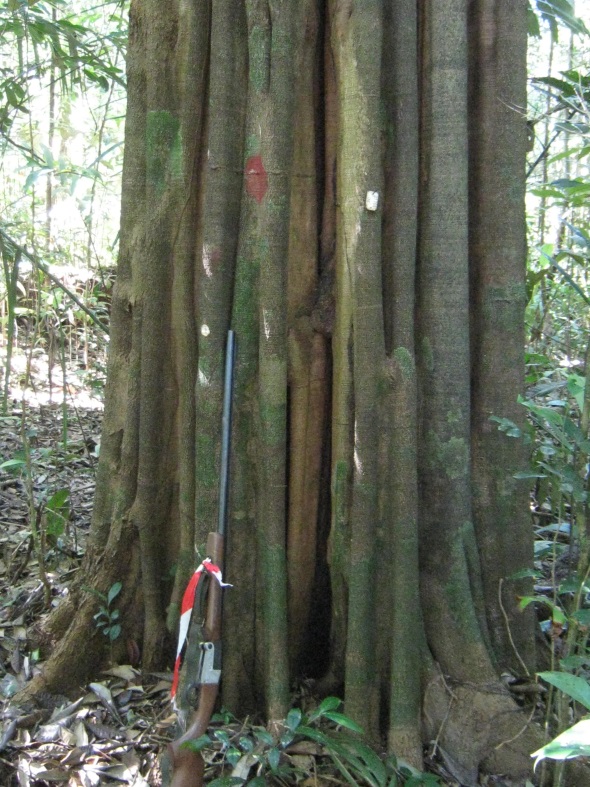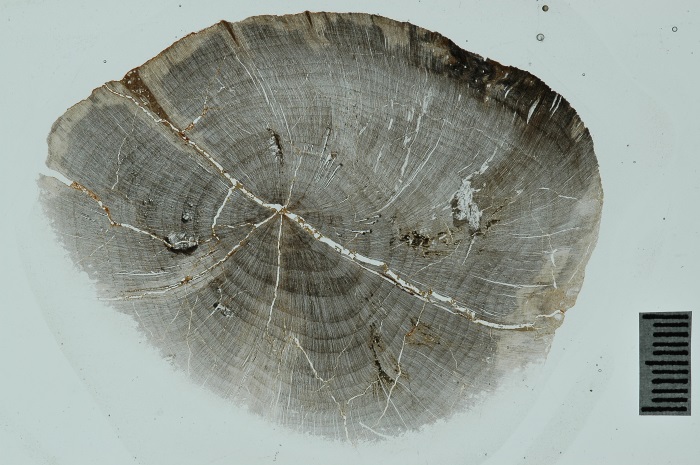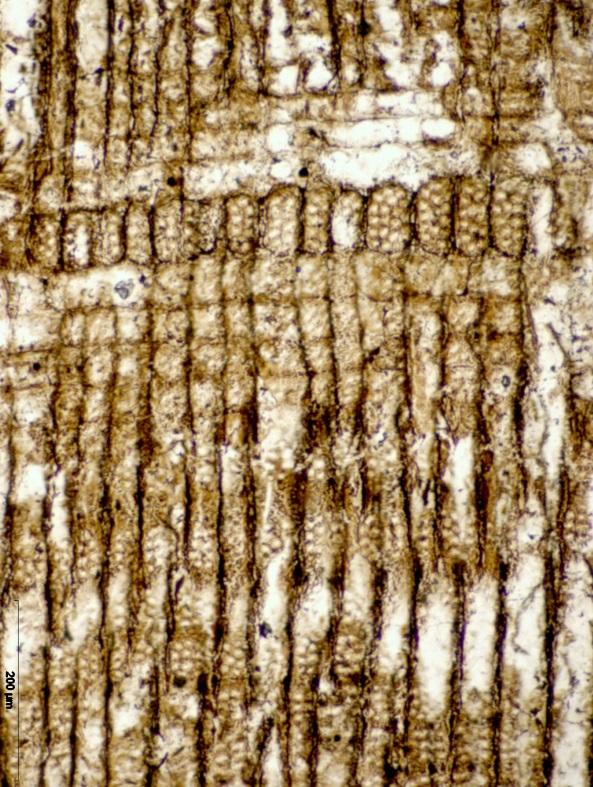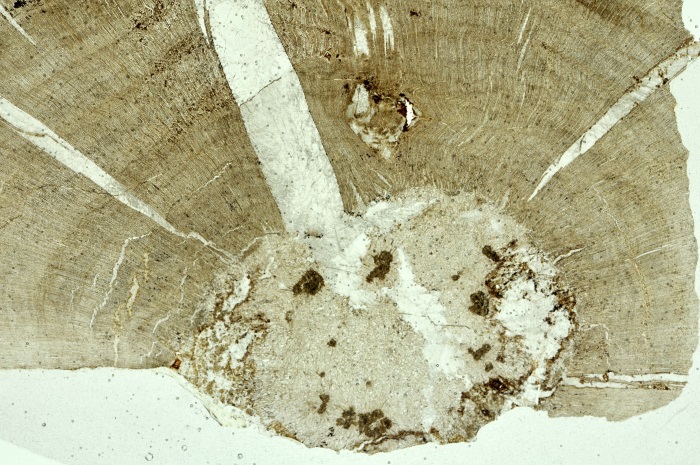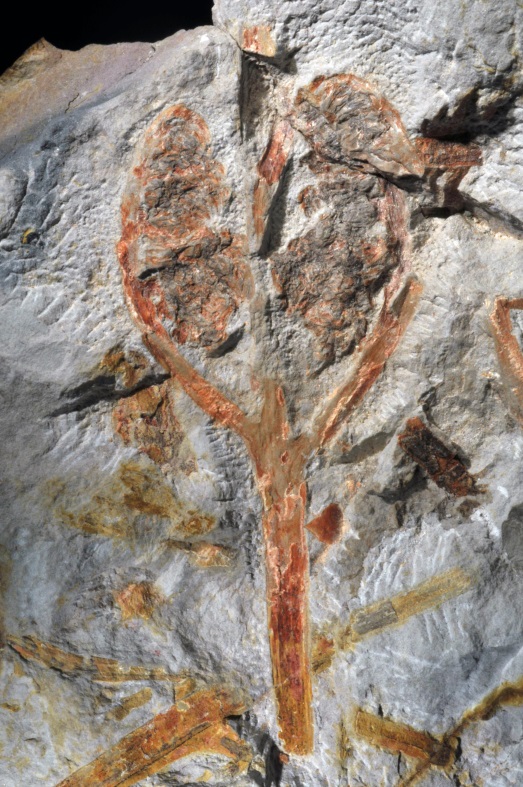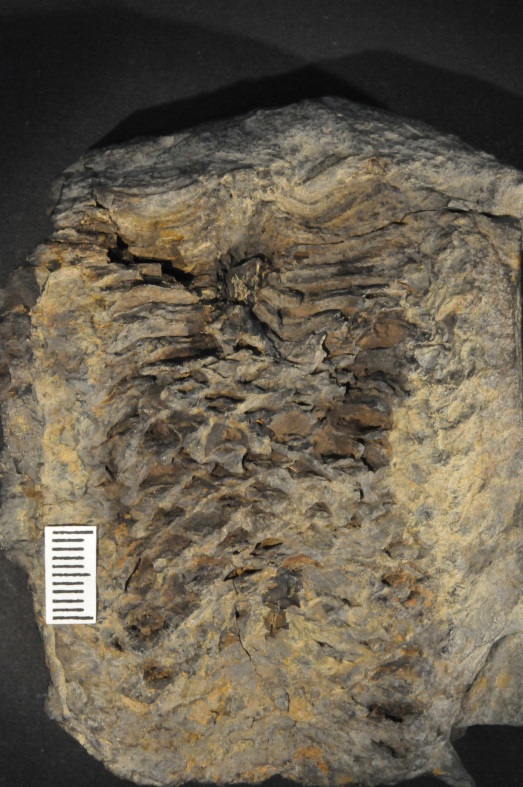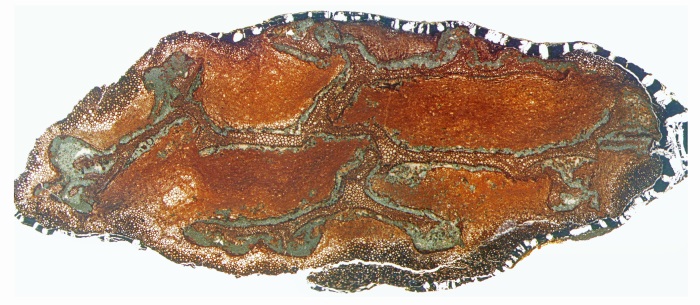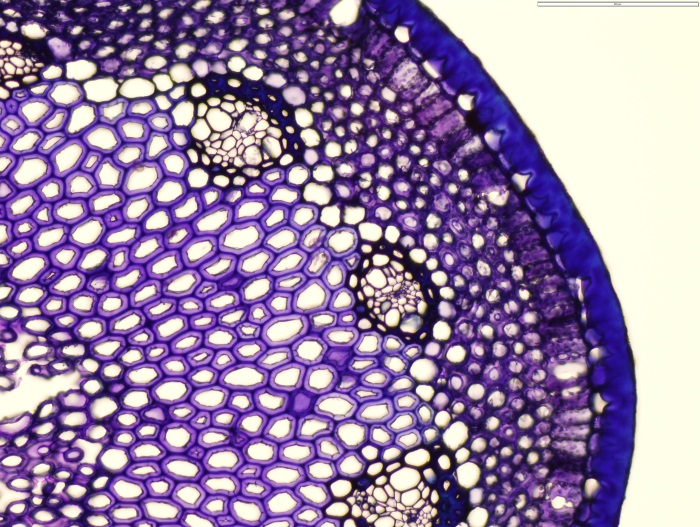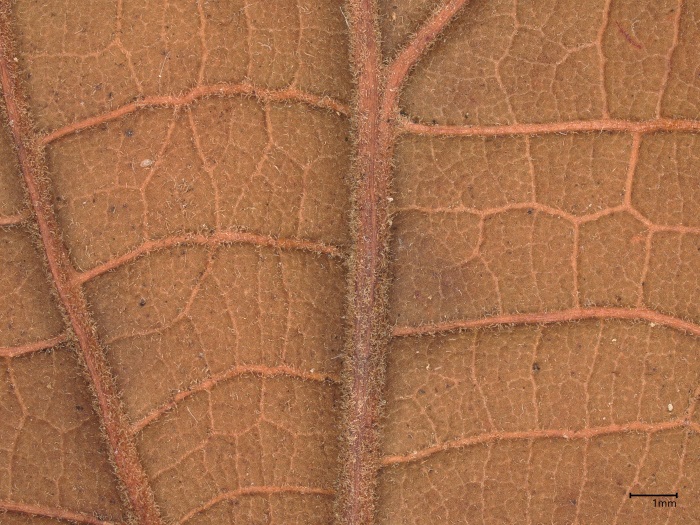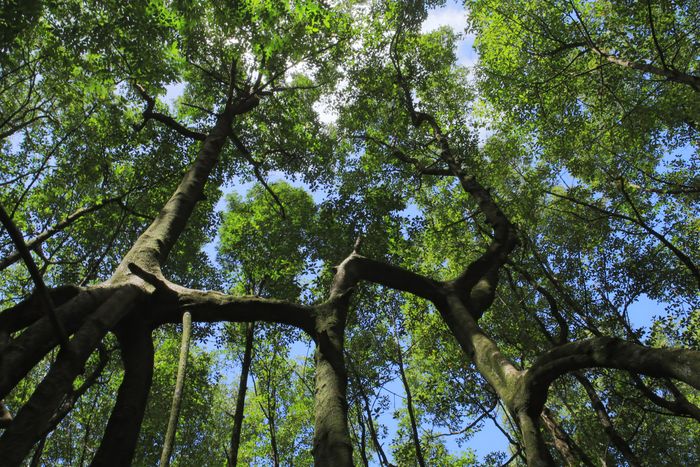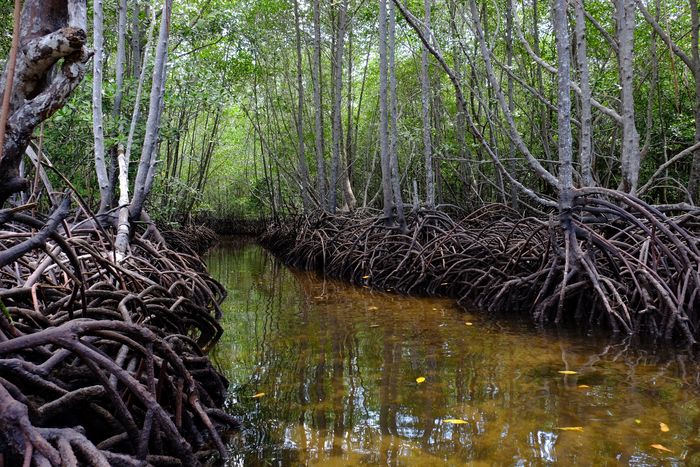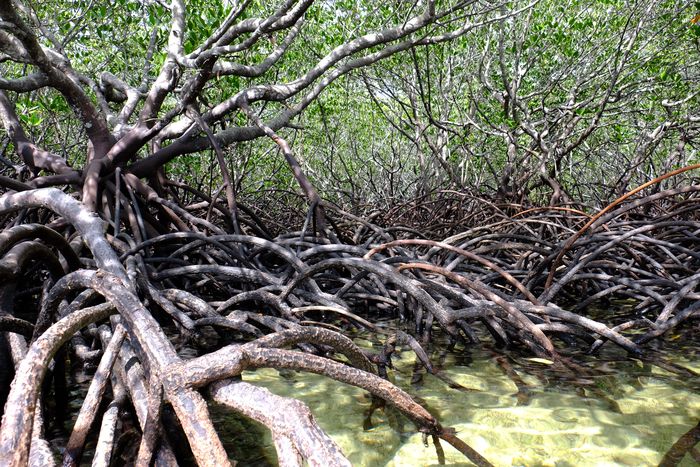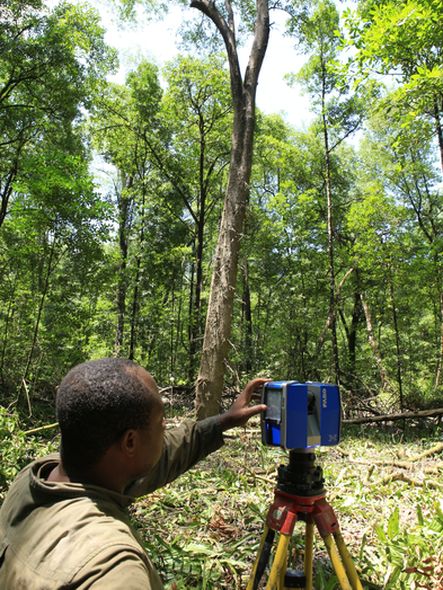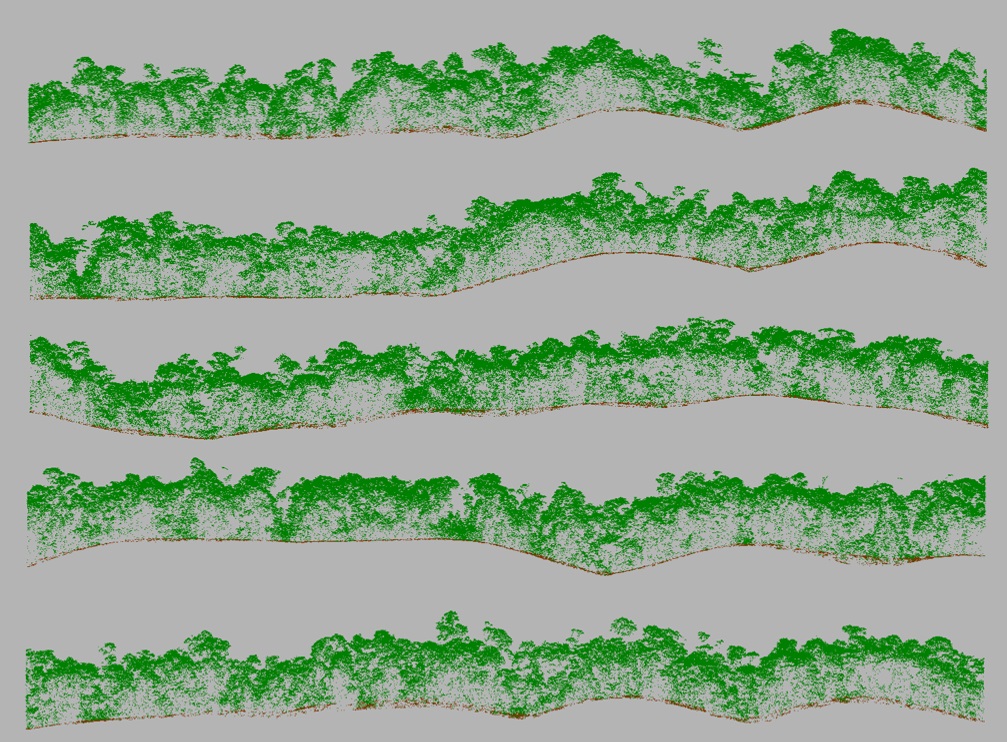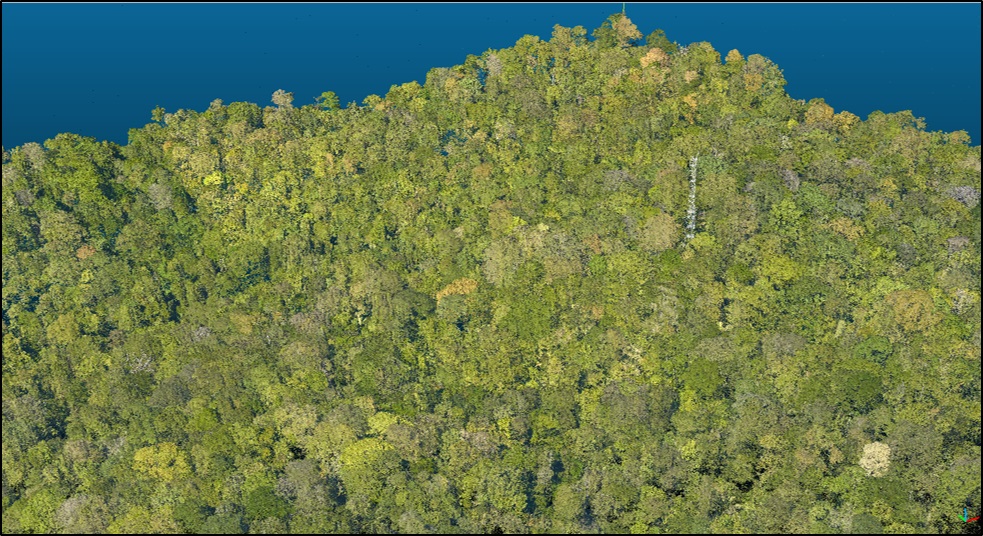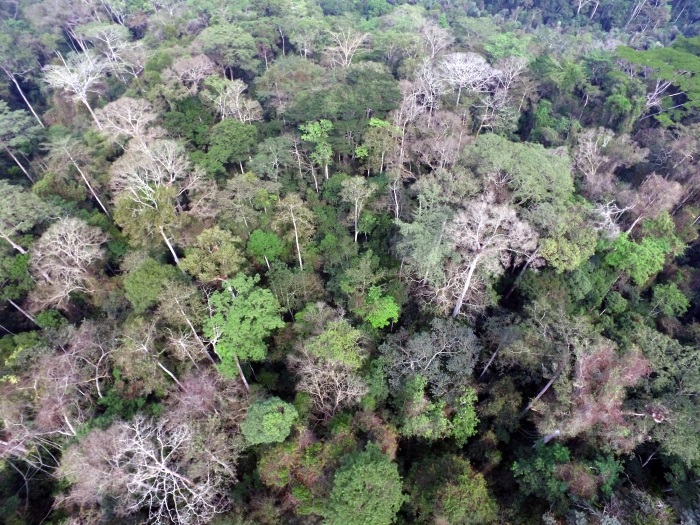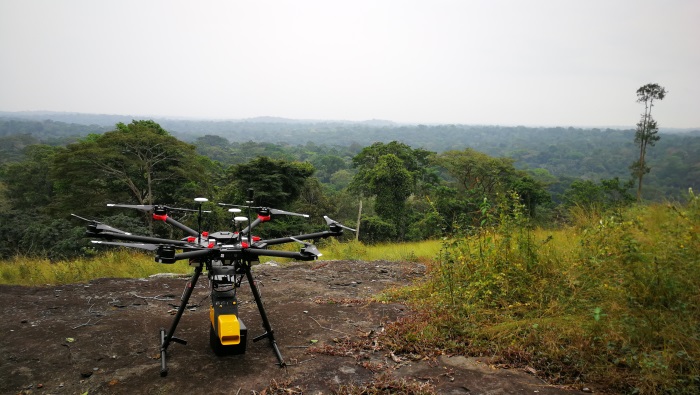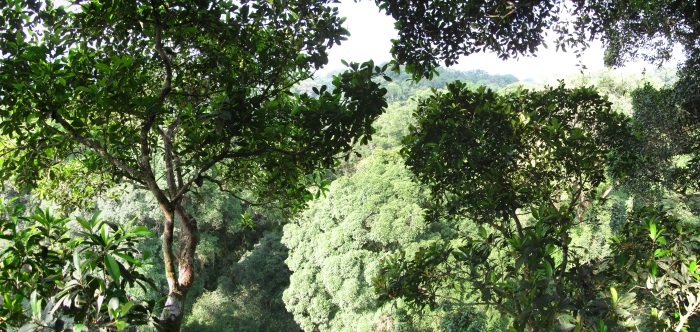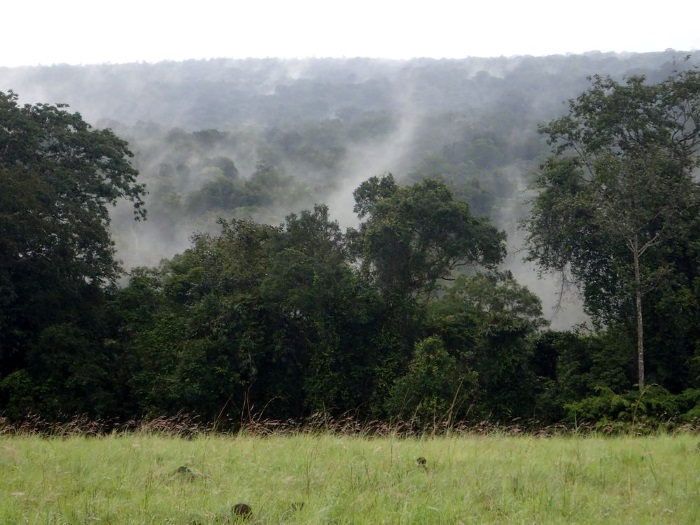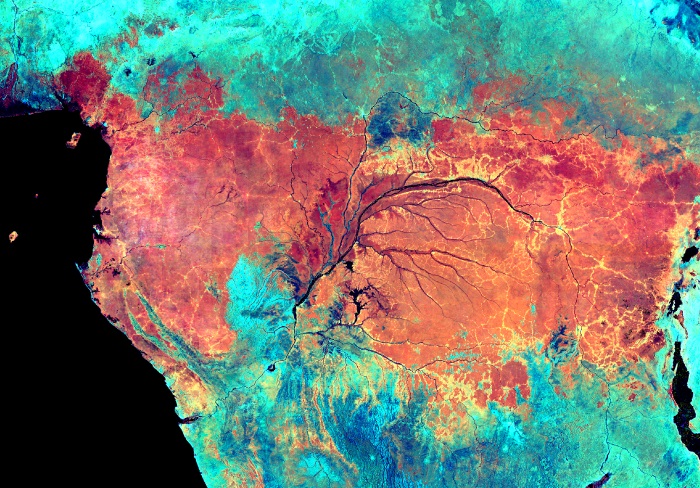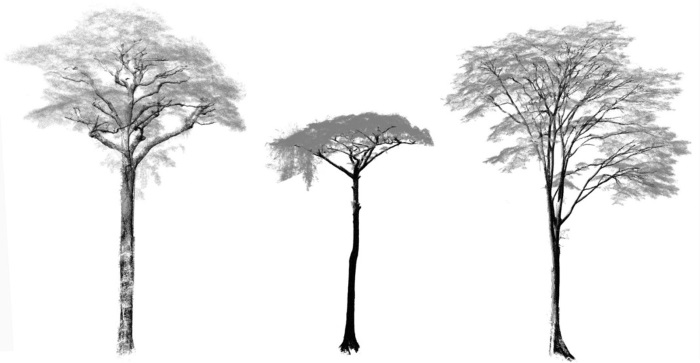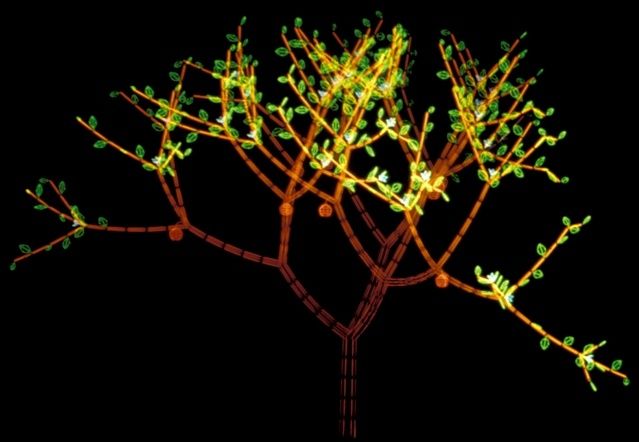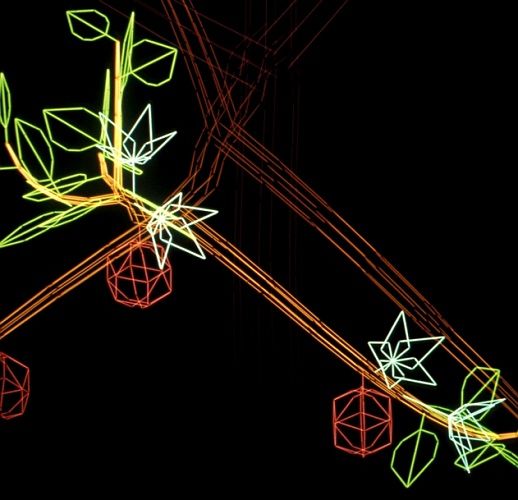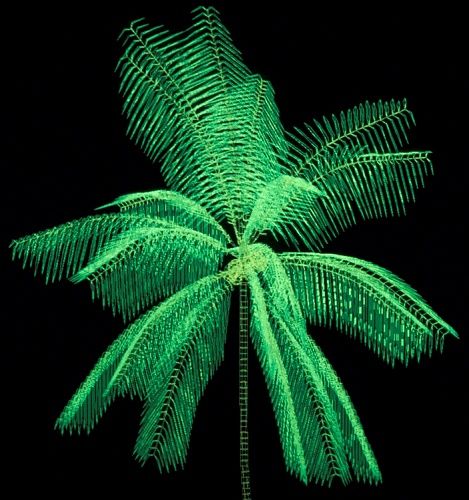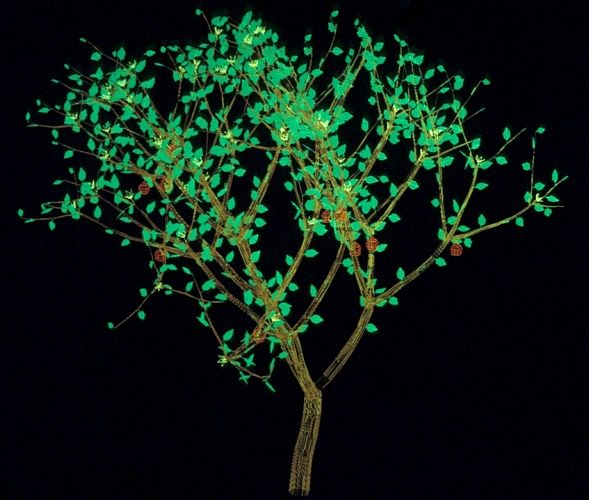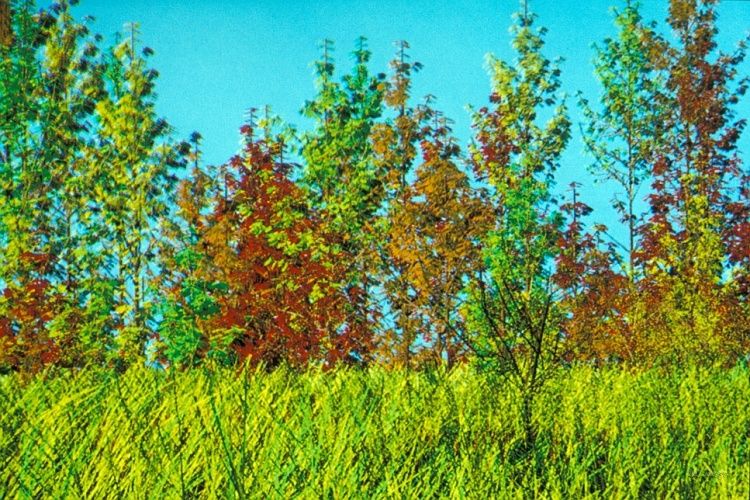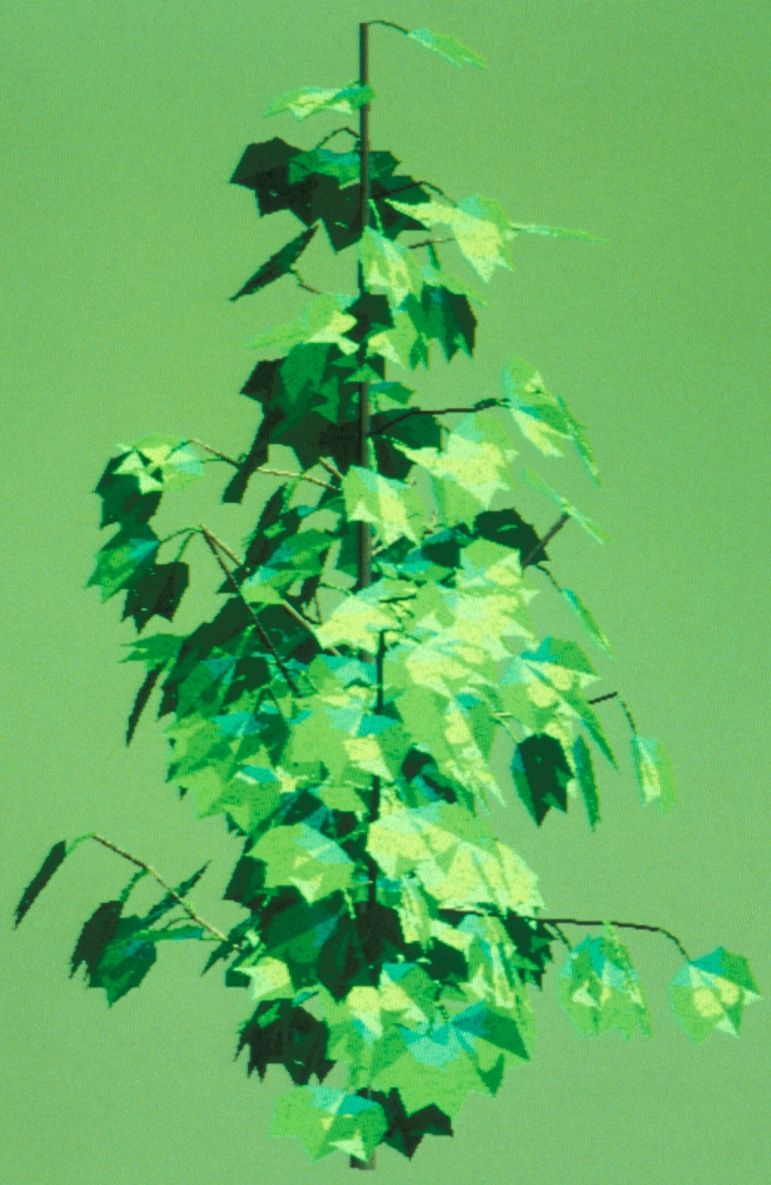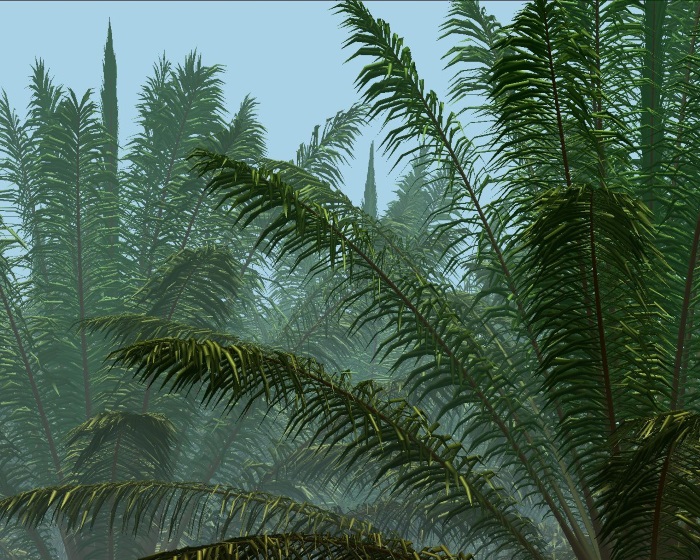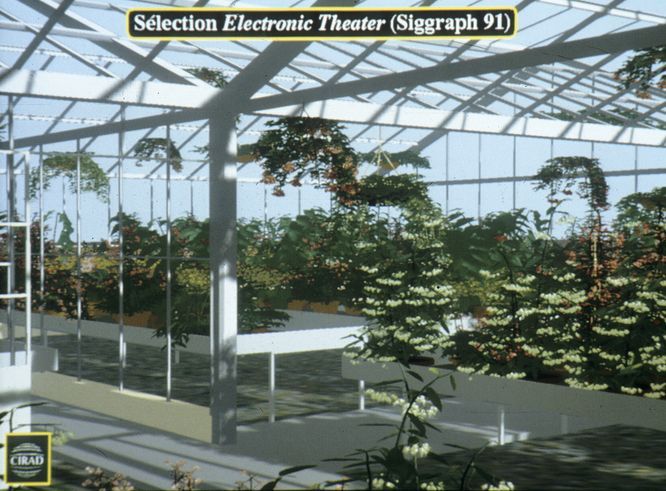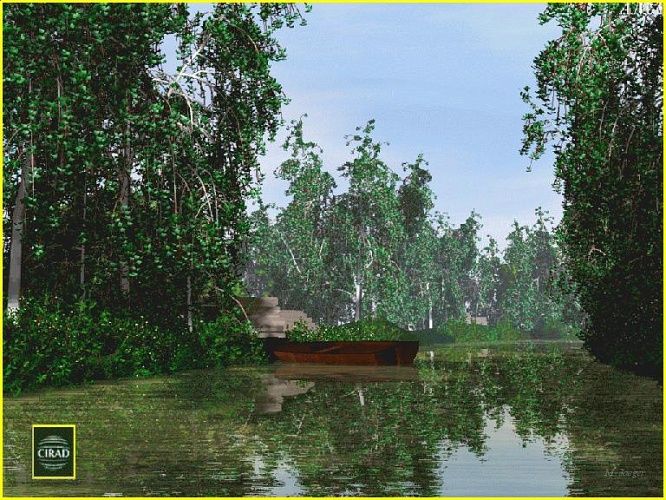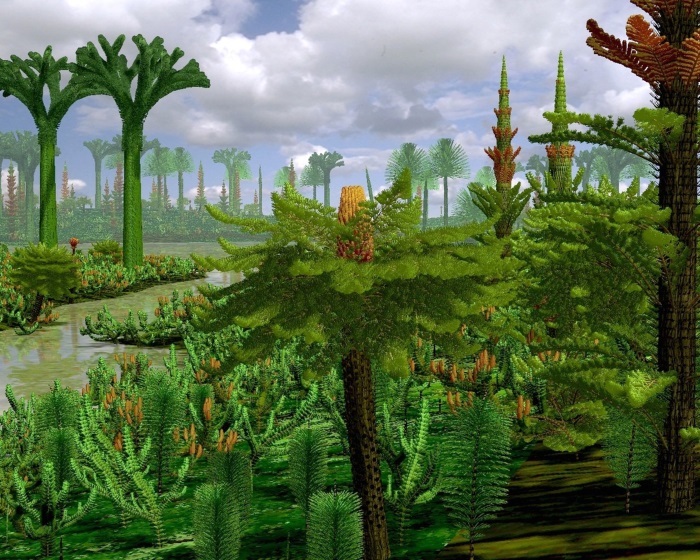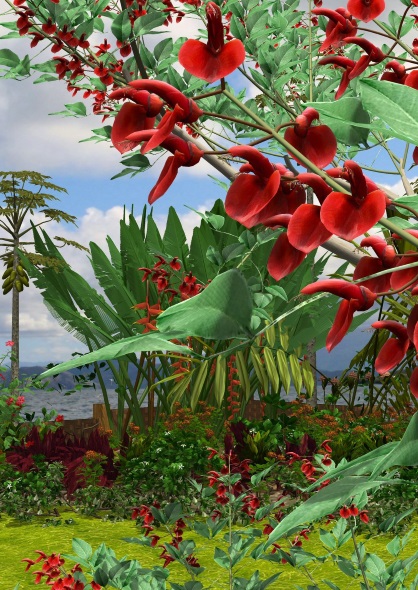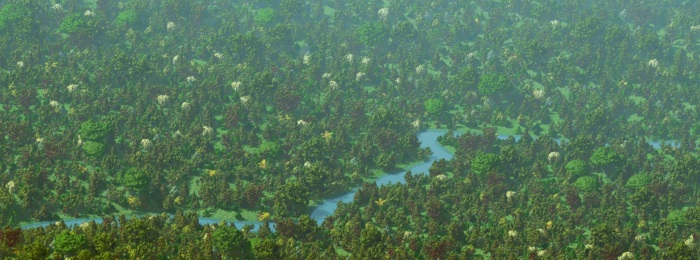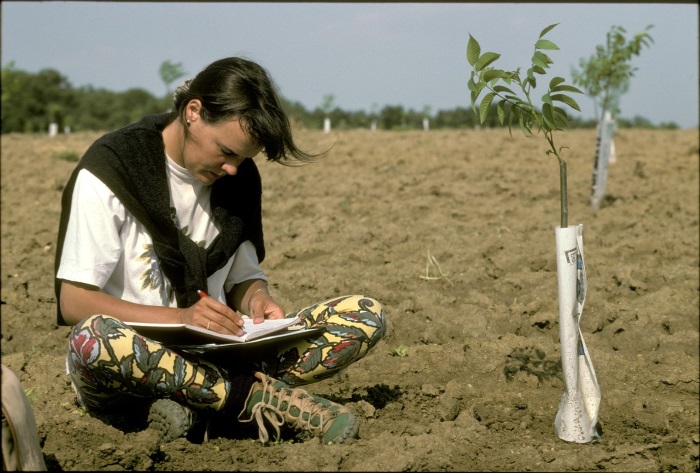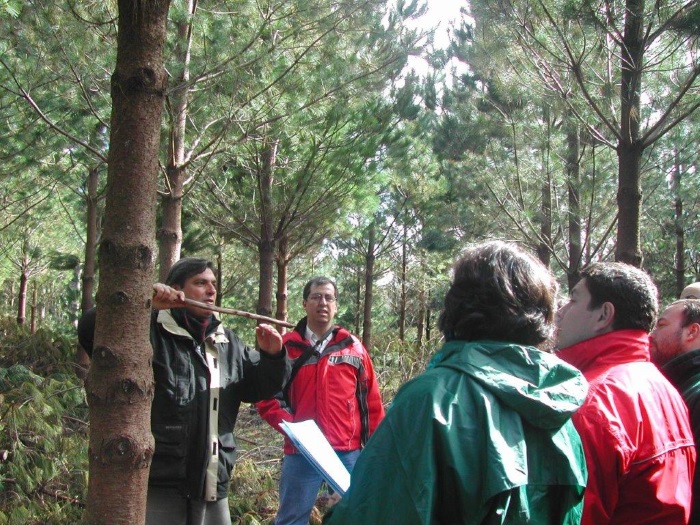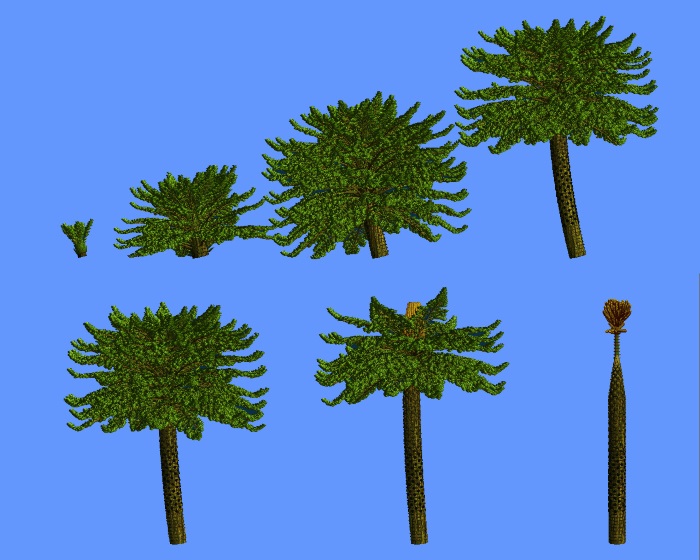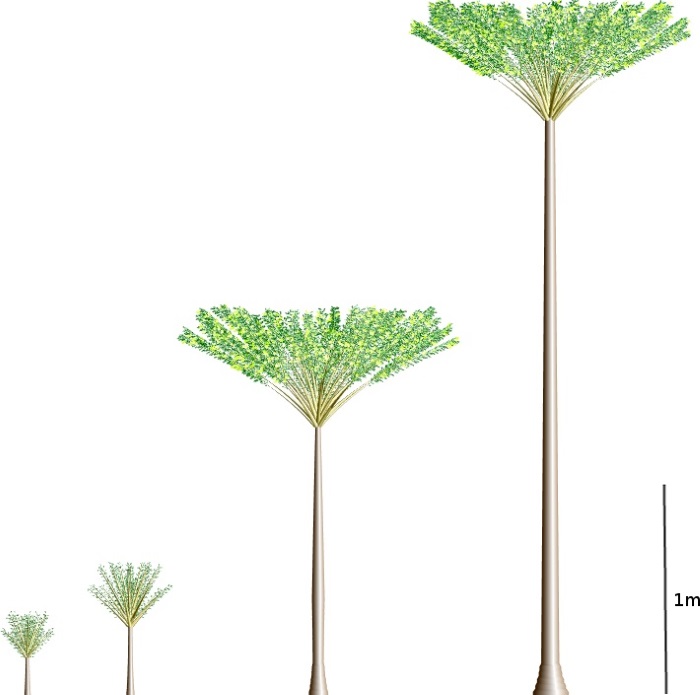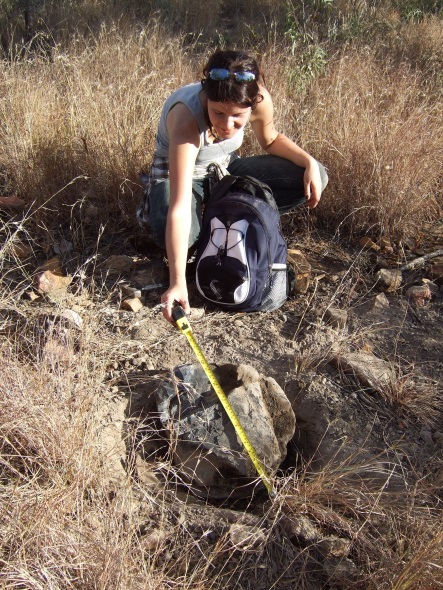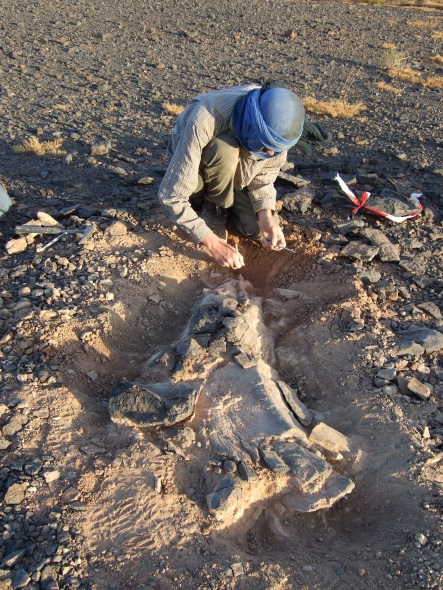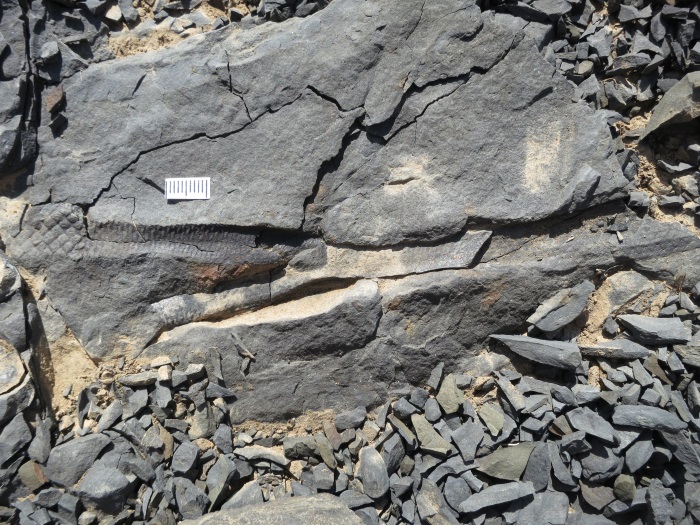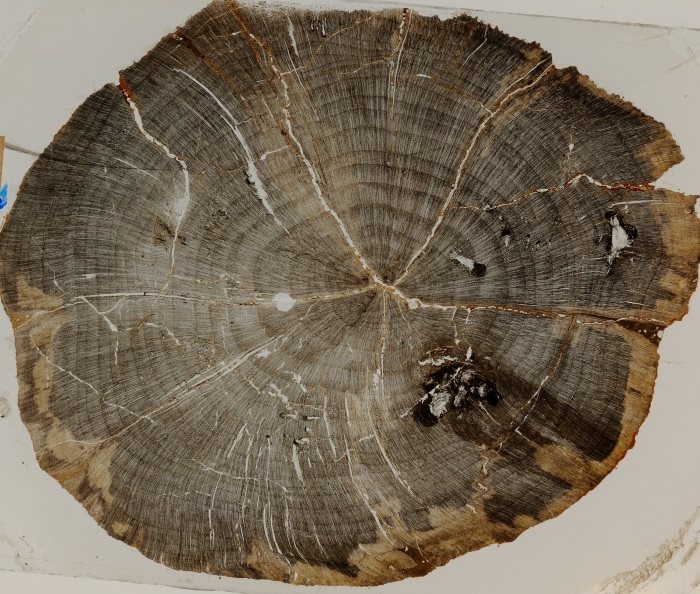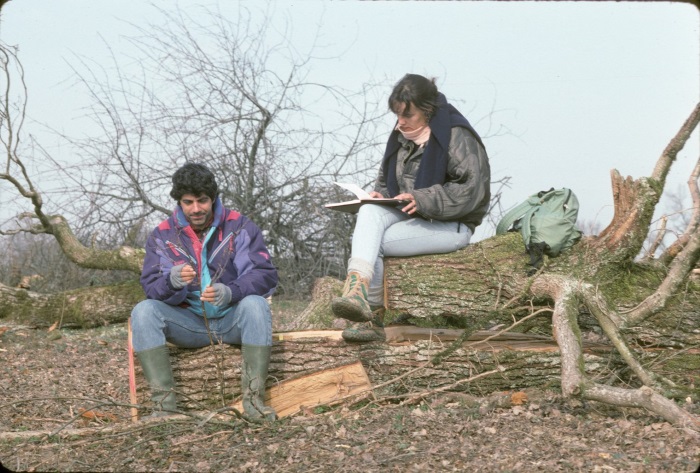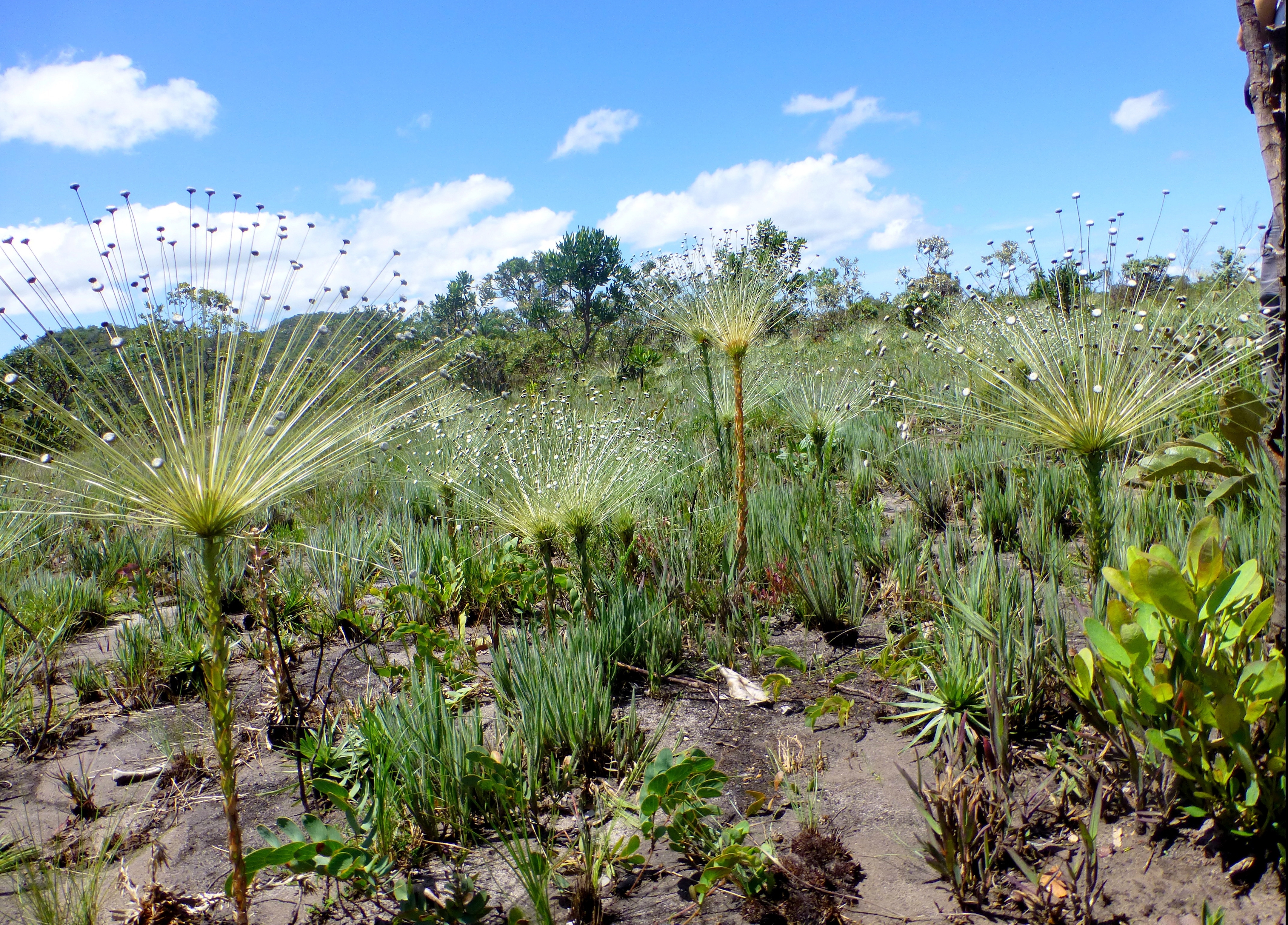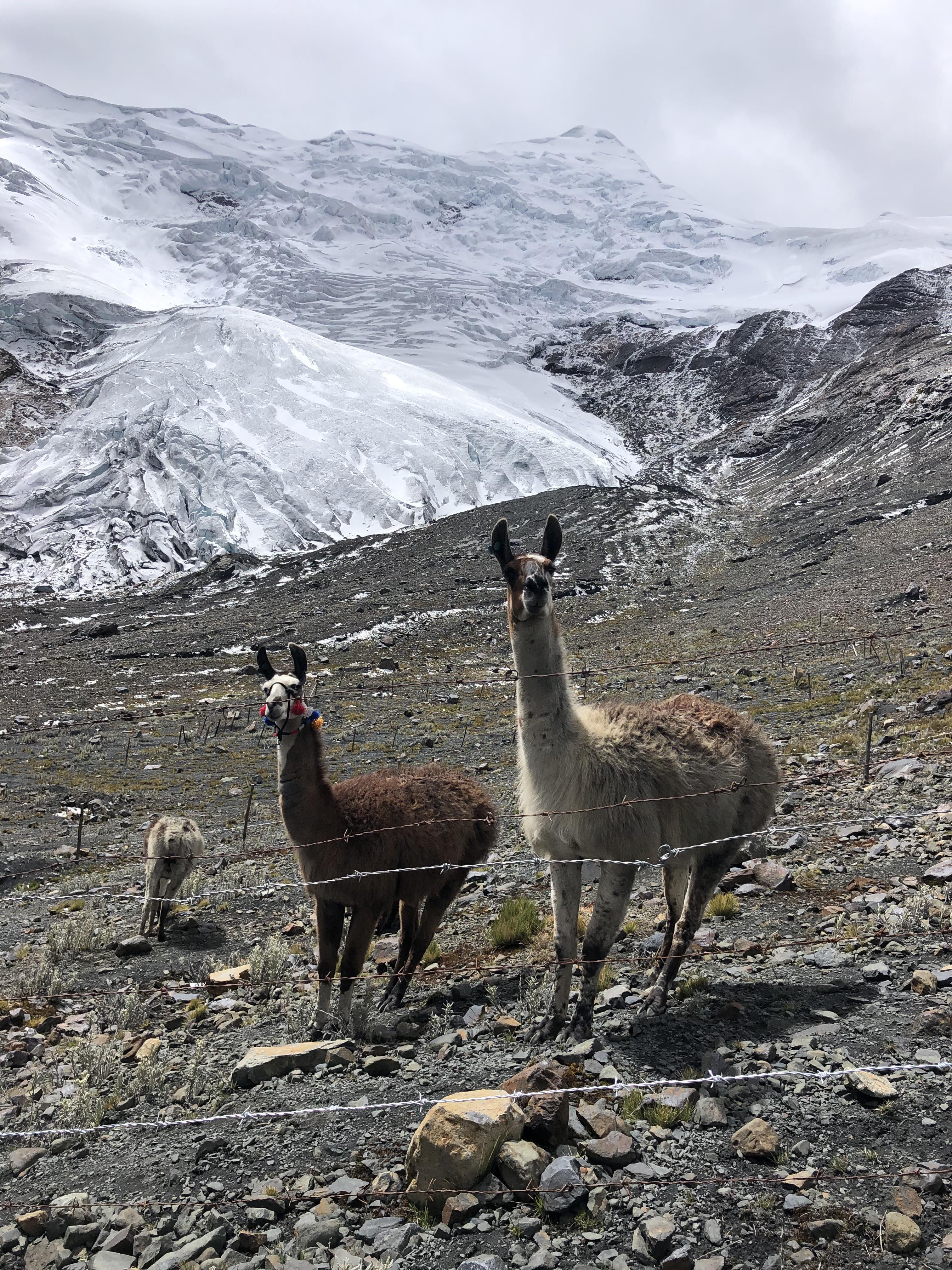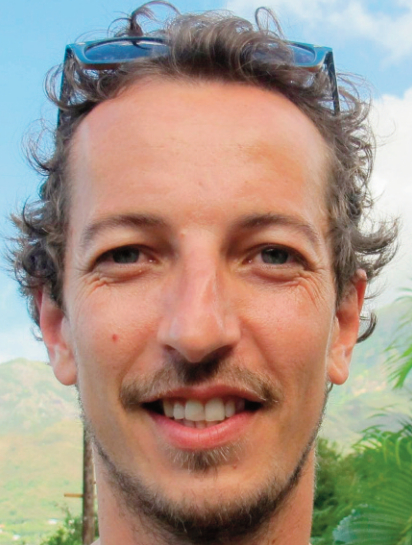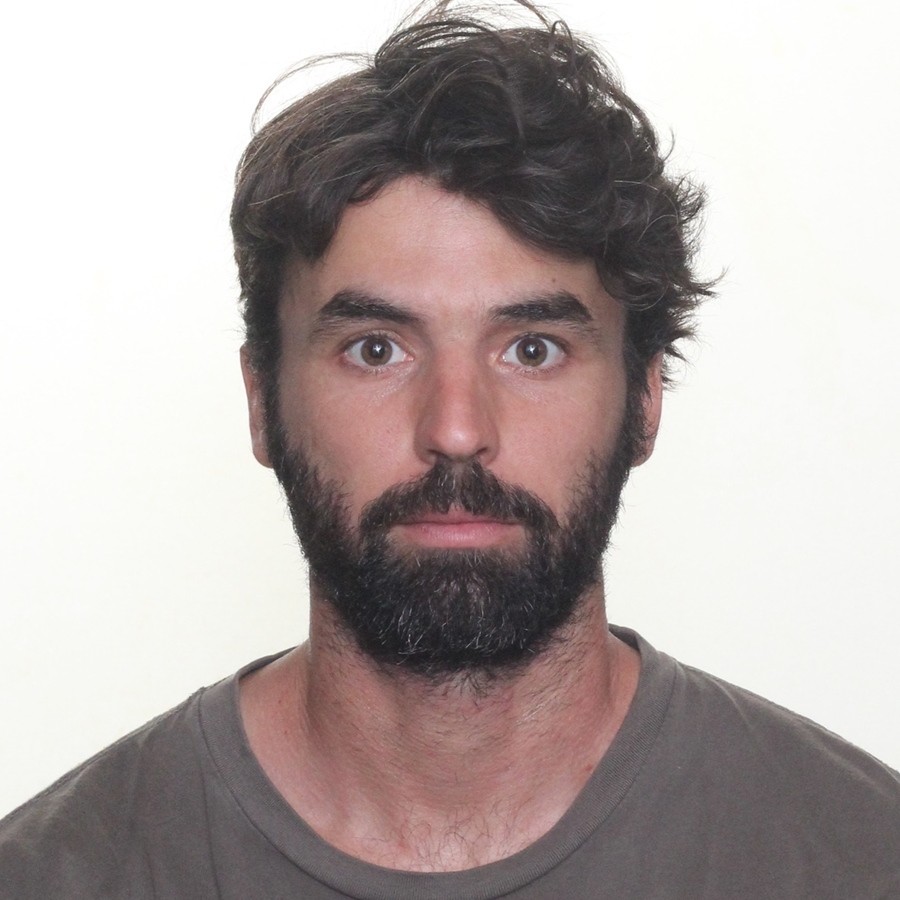DyAFor - Dynamics and community assembly of tropical forests
Keywords
Our main objective is to improve our understanding of tree community dynamics and assembly in tropical forests, in order to predict their potential future under different global change scenarios.
Using a diversity of tools from different fields (e.g. ecophysiology, genomics, remote sensing, modelling) in various environmental and anthropogenic contexts across the tropics, we provide evidence-based knowledge on the mechanisms that shape the temporal and spatial variability of the diversity, structure, and functioning of tropical forests.
To this end, we use three complementary approaches: i) the implementation of experiments that allow to empirically control variables or processes of interest in order to understand their effects; ii) the collection of field observations to document existing patterns and inform their underlying processes using statistical frameworks; iii) the development of models to assimilate various data and evaluate empirical knowledge on processes and their interactions. The integration of these three mutually-informative approaches allows to identify the spatial and temporal scales at which ecological and evolutionary processes act and interact in shaping the dynamics and assembly of tropical forests, and improve our ability to predict the fate of tropical forests with increasing anthropogenic pressure and climate stress. Our work focuses mainly on plants, but can also integrate other trophic levels (e.g. herbivores and micro-organisms) that play a key role in certain processes, such as the maintenance of local diversity through negative density dependence, or carbon and nutrient fluxes through decomposition.
Our multidisciplinary team develops research projects in South America (French Guiana, Peru and Ecuador), Central Africa (Cameroon, Gabon, Congo, Sao Tome and Principe, and DR Congo), Asia (India and Thailand) and the Pacific (New Caledonia and Pacific islands), thus opening up perspectives for regional syntheses and intercontinental comparisons across the tropics. In each of these projects, we rely in particular on networks of permanent forest plots et up and monitored by ourselves and our collaborators in French Guiana (Guyadiv), Central Africa (Africadiv) and New Caledonia (NC-PIPPN). These networks represent c. 850 plots of 100 m2 up to 1 ha and c. 200,000 inventoried trees. We also leverage data from large international networks, such as the Amazon Tree Diversity Network or ForestGeo. Some projects benefit from collaborative research infrastructures, such as LabEx CEBA in French Guiana, LMI BioInca in Ecuador and Colombia, or LMI DYCOFAC in Central Africa. Our group regularly goes in the field on short trips or long stays (e.g. expats), thus ensuring the long-term maintenance of field set-ups and local collaborative networks
| Acronym | Title | Duration |
|---|---|---|
| ALT | Amazonian Landscapes in Transition Project PI: Jérôme CHAVE (EDB, Toulouse) | 2022 - 2025 |
| AMATAC | The evolutionary relationship between the monocarpic tree genus Tachigali, polypore fungus Amauroderma, and N fixing bacteria Bradyrhizobium Project PI: Claire FORTUNEL | 2024 - 2025 |
| Biota Cerrado Network | Biota Cerrado Network Project PI: Guarino COLI (University of Brasilia) | 2024 - 2026 |
| Carto Veg NHPC Phase 2 | Suivi de la dynamique du couvert végétal et des compensations du barrage de Nachtigal Project PI: Nicolas BARBIER | 2022 - 2026 |
| CoForFunc | Toward a biome-scale monitoring of the COngo basin FORest FUNCtional composition Project PI: Raphaël PELISSIER | 2024 - 2027 |
| DESSFOR | Degraded Stable States in Tropical Forests Project PI: Maxime REJOU-MECHAIN | 2021 - 2025 |
| DOPAMICS | Domestication and adaptation in Neotropical palms – a microevolutionary history Project PI: Louise BROUSSEAU | 2022 - 2027 |
| EDENE | Extinction dynamics of endemic trees in exotic-dominated ecosystems Project PI: Robin POUTEAU | 2023 - 2026 |
| FRAG'ILE | Fragmentation en milieu insulaire : caractérisation, suivi et conséquences sur la flore forestière Project PI: Olivier FLORES (Université de La Réunion) | 2023 - 2025 |
| FRM4BIOMASS | Fiducial Reference Measurements for biomass Project PI: Jérôme CHAVE (EDB, Toulouse) | 2024 - 2025 |
| ISLETS | Island Leaf Ecophysiological Trait Synthesis Project PI: Claire FORTUNEL / Kasey BARTON (University of Hawaiʻi at Mānoa) | 2023 - 2026 |
| LIDL | Study of liana dynamics at Nouragues research station: the case of "Grand Plateau" L strip Project PI: Julien ENGEL / Grégoire VINCENT | 2024 - 2025 |
| MELANOBS | Towards a Melanesian observatory of forest response to global change Project PI: Thomas IBANEZ | 2023 - 2025 |
| NATURAL FORESTORE | Capture and Storage of Carbon in Natural Tropical Forests Project PI: Emmanuel PARADIS (ISEM) | 2024 - 2027 |
| NeoFIRE | Understanding and scaling vulnerability of neotropical Amazon and transitional forests to altered fire regimes Project PI: Imma OLIVERAS (University of Oxford) | 2022 - 2026 |
| OFVI | One Forest Vision Initiative Project PI: Jean-François SOUSSANA (INRAE) | 2023 - 2027 |
| RIFT | Soutien aux infrastructures, tours de Flux Project PI: Jérôme DEMARTY (IRD) | 2024 - 2027 |
BADOUARD Vincyane 2022 - 2025. Déterminants de la distribution spatiale des arbres du sous-étage en forêts tropicales. Ecole doctorale : GAIA / Université de Montpellier. Dir : VINCENT Grégoire / Co-dir. : MARCON Eric
CATHELINEAU Paul 2023 - 2026. biomécanique des fibres de palmiers d’Amazonie. Ecole doctorale : Diversités, Santé et Développement en Amazonie - ED 587 / Université de Guyane. Dir : BOSSU Julie / Co-dir. : BROUSSEAU Louise
LOMWONG Noppawan 2024 - 2027. Elucidating the spatiotemporal dynamics of tropical forest structure and composition using a combination of field and advanced remote sensing technologies. Ecole doctorale : Chiang Mai University / Chiang Mai University. Dir : PIMMONRAT Tiansawa / Co-dir. : REJOU-MECHAIN Maxime
ROJAT Margaux 2023 - 2026. Interactions biotiques entre les plantes exotiques envahissantes et les arbres menacés endémiques des Mascareignes. Ecole doctorale : GAIA / Université de Montpellier. Dir : PELISSIER Raphaël
SOTO MINUTTI Valentina 2023 - 2027. Modélisation du bilan carbone et de la biodiversité des forêts tropicales fragmentées.. Ecole doctorale : SEVAB / Université de Toulouse. Dir : CHAVE Jérôme
